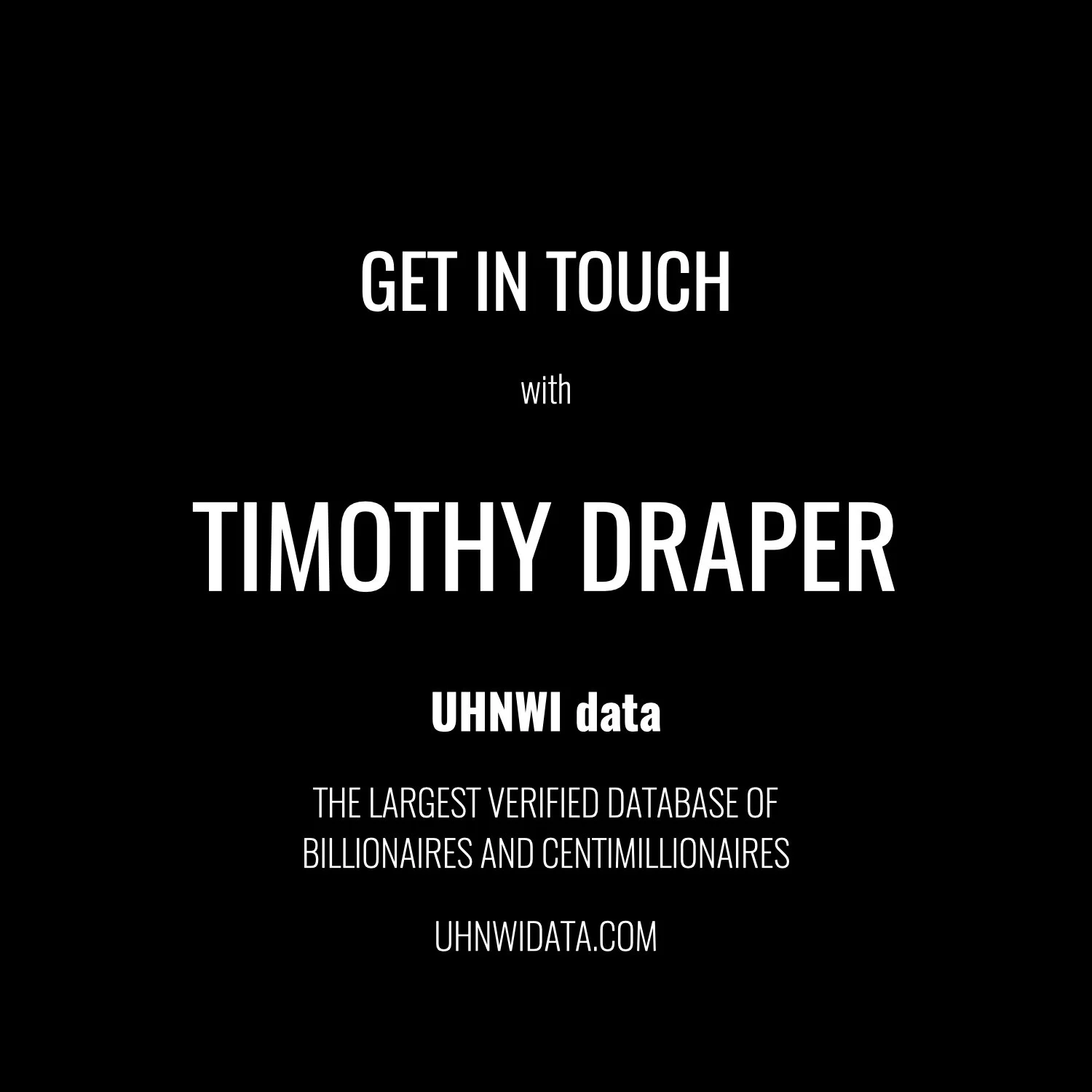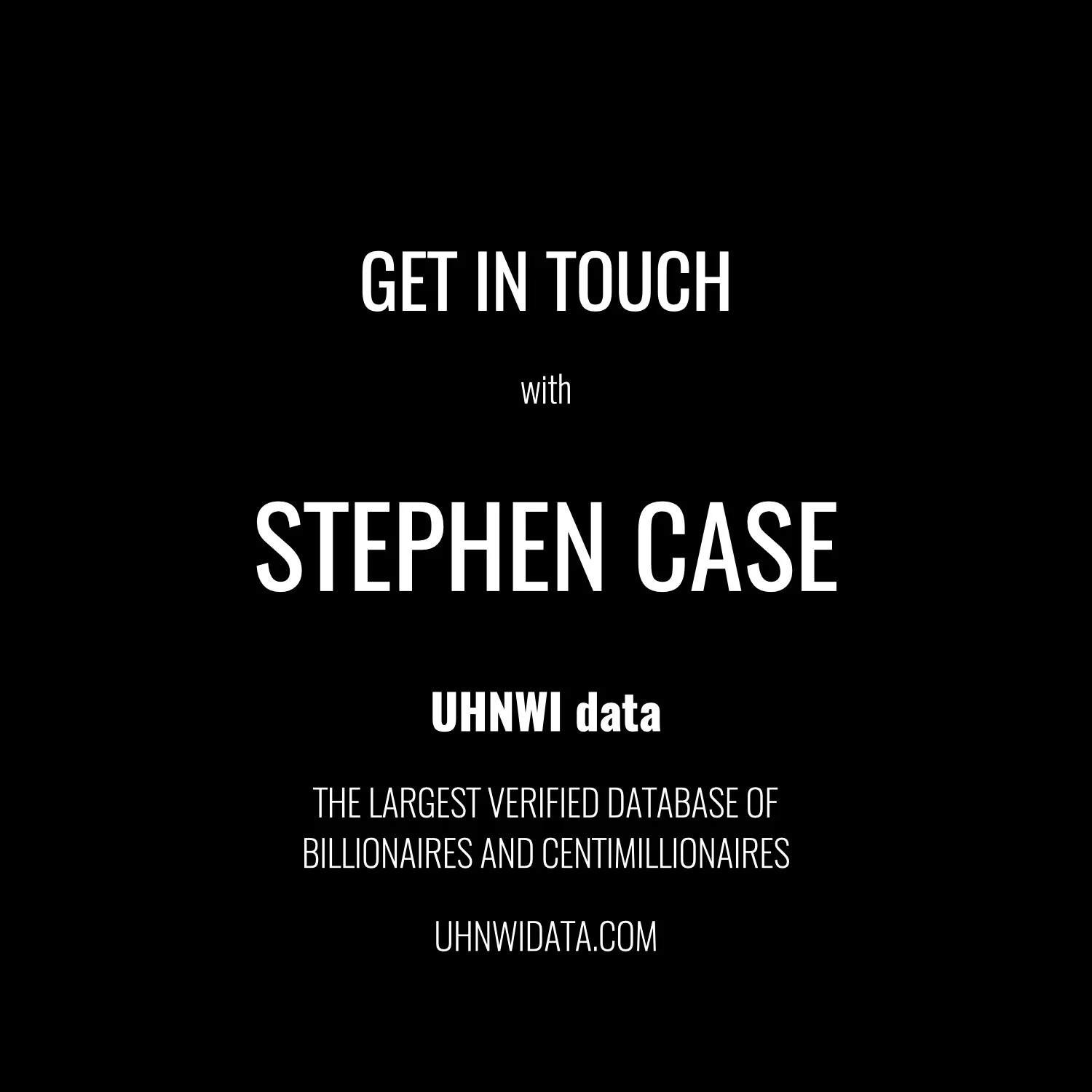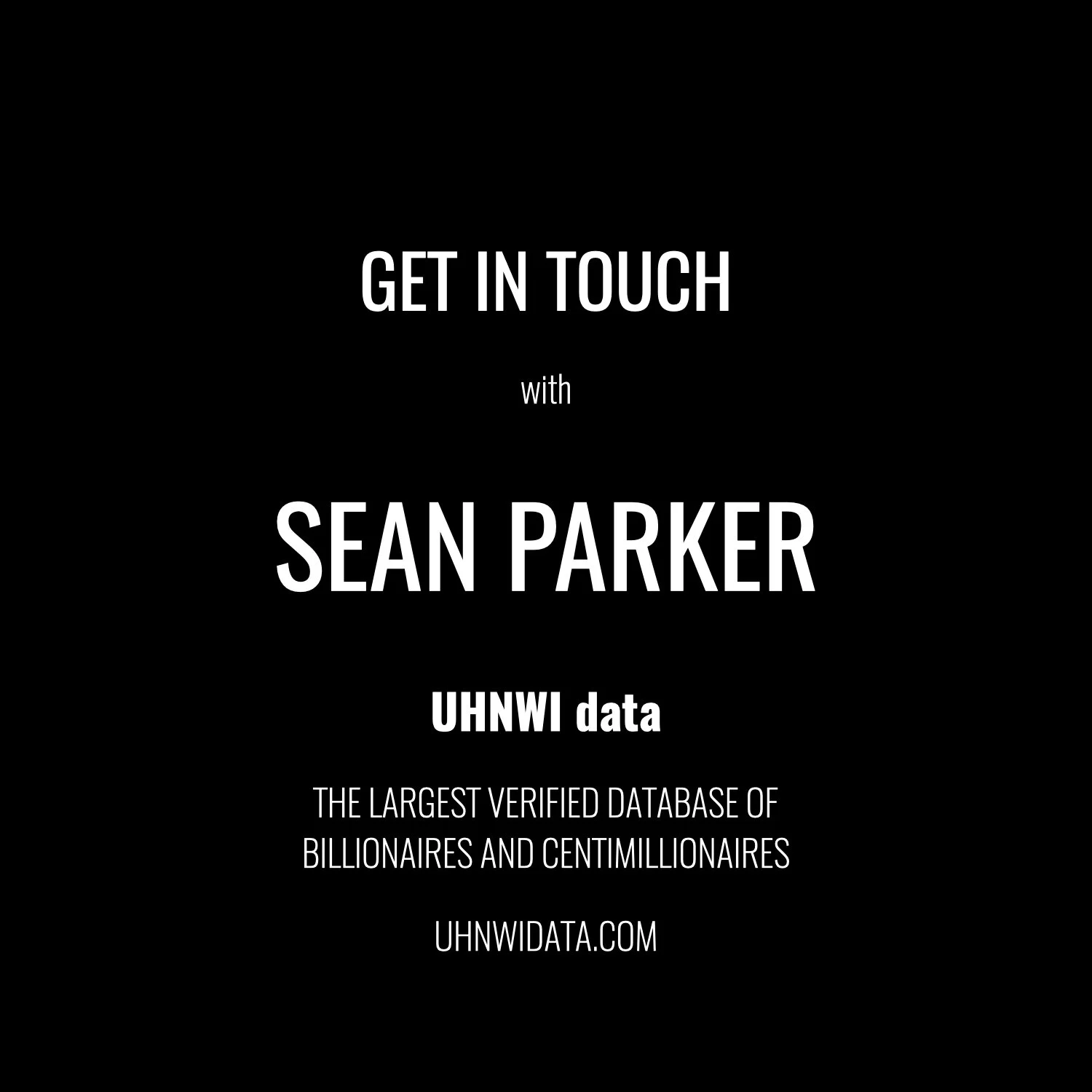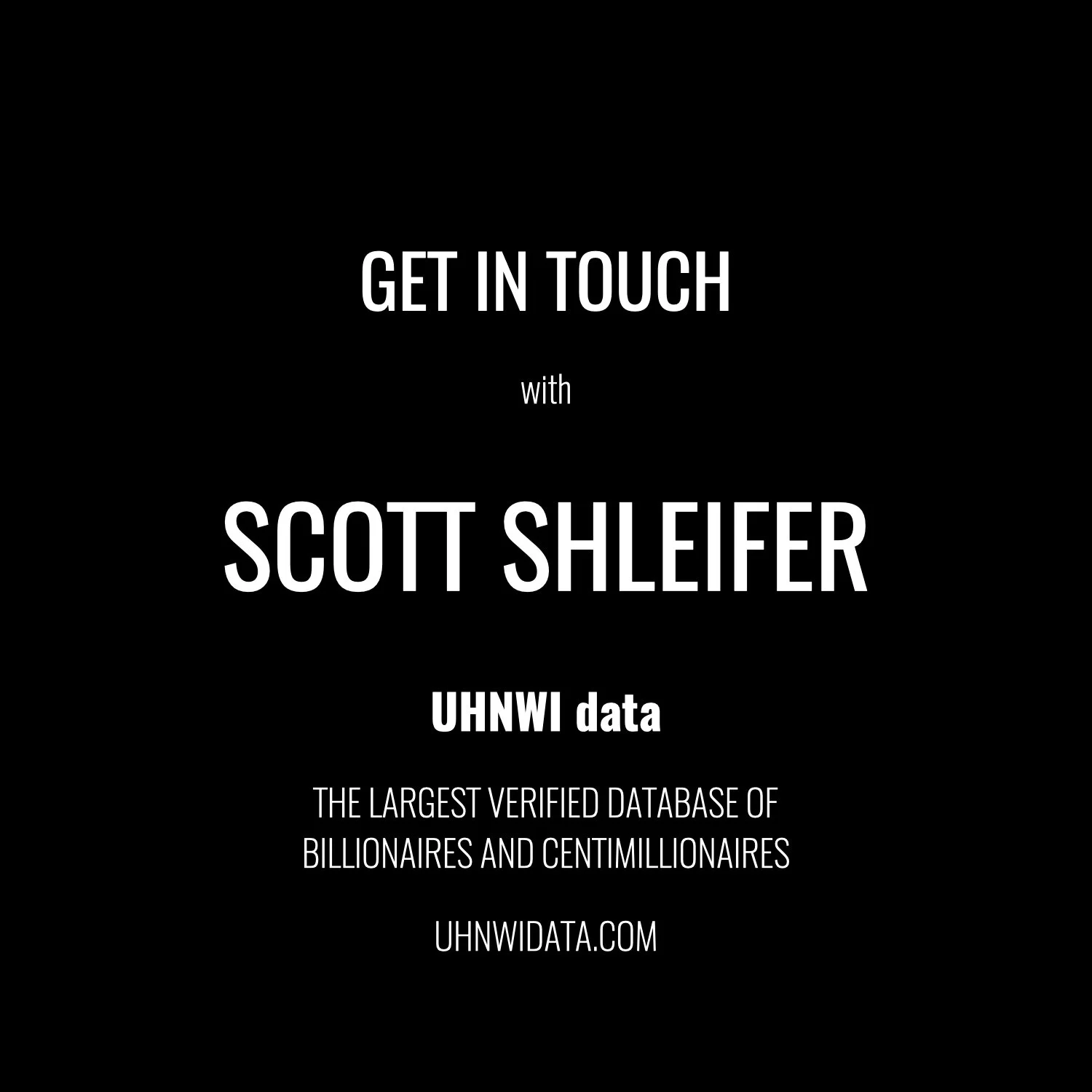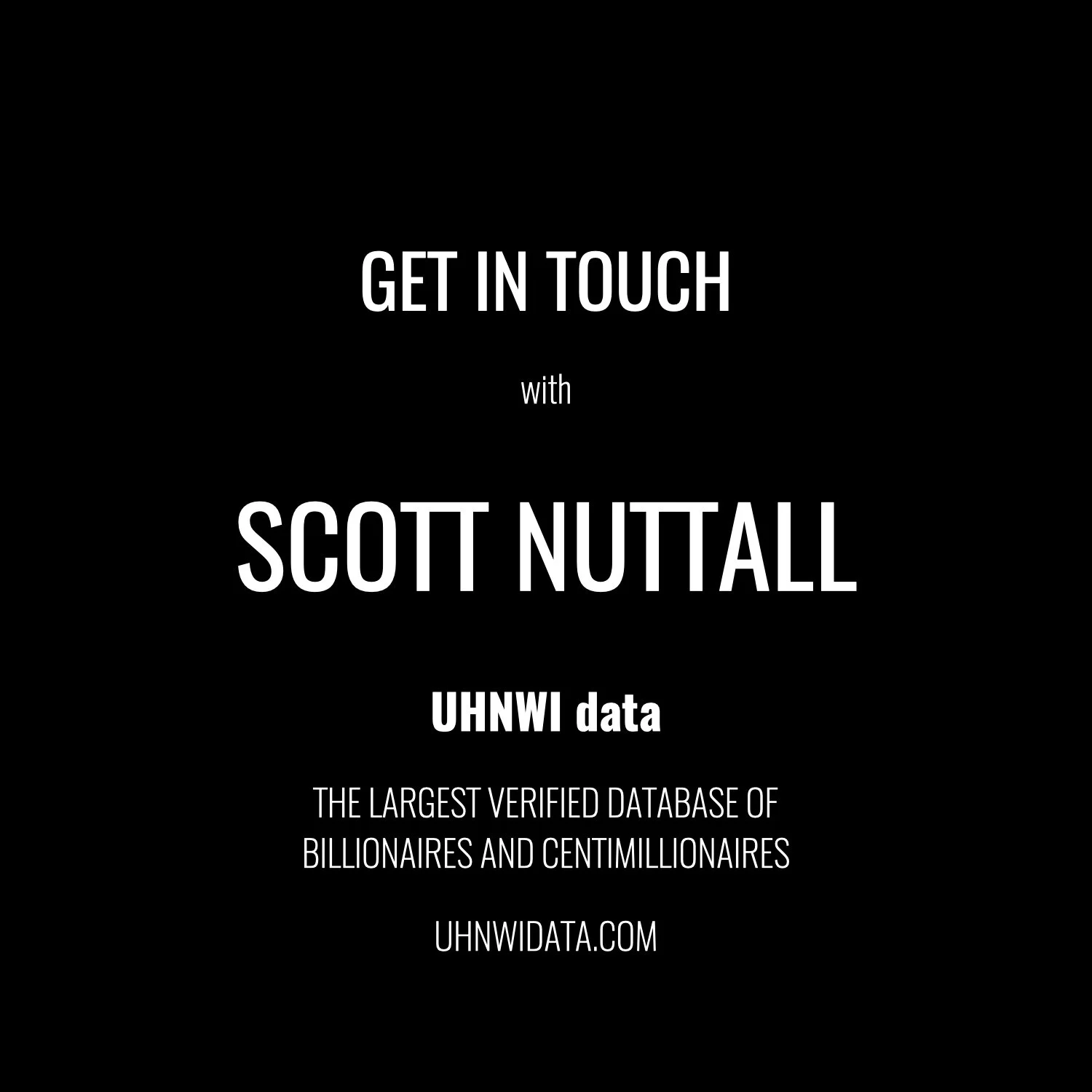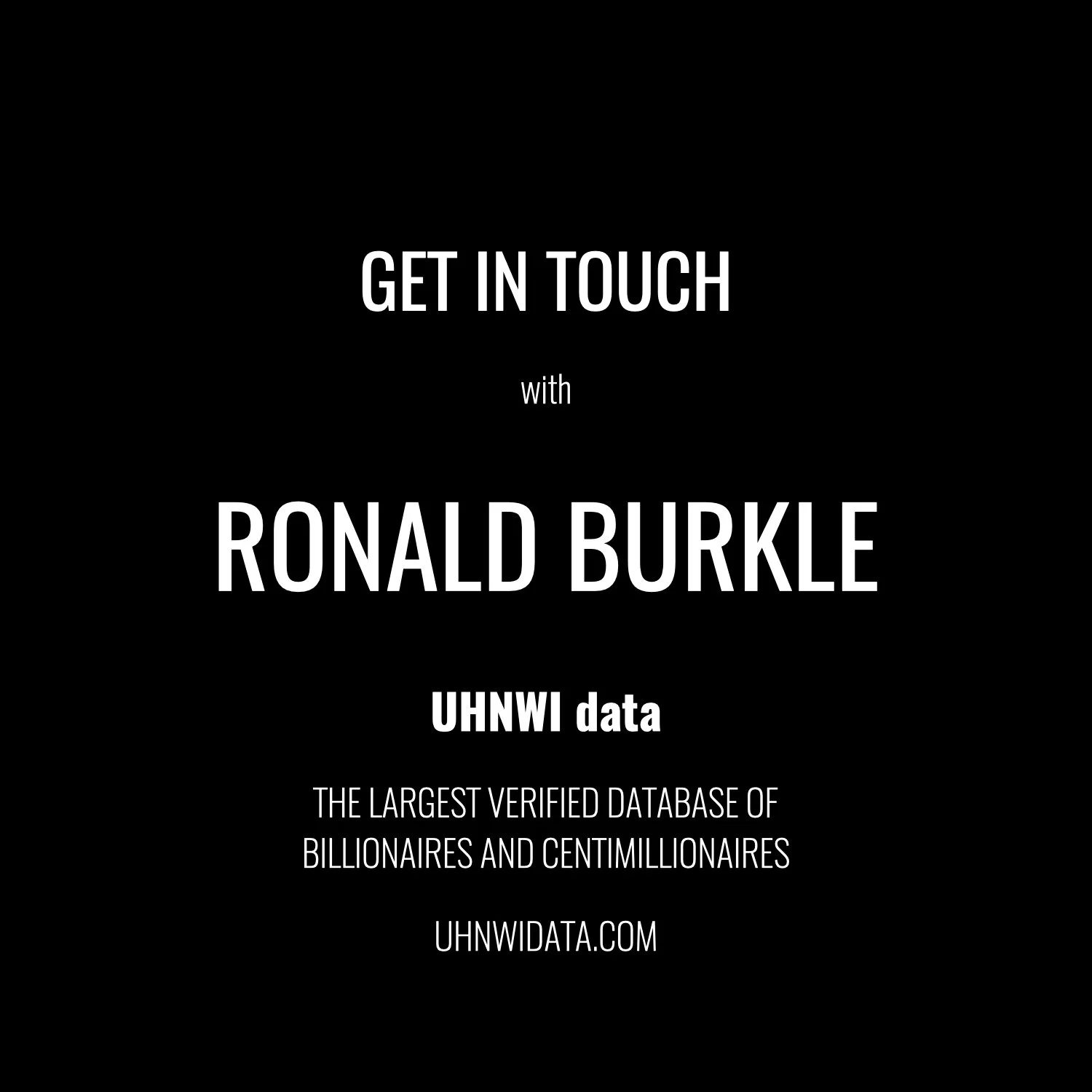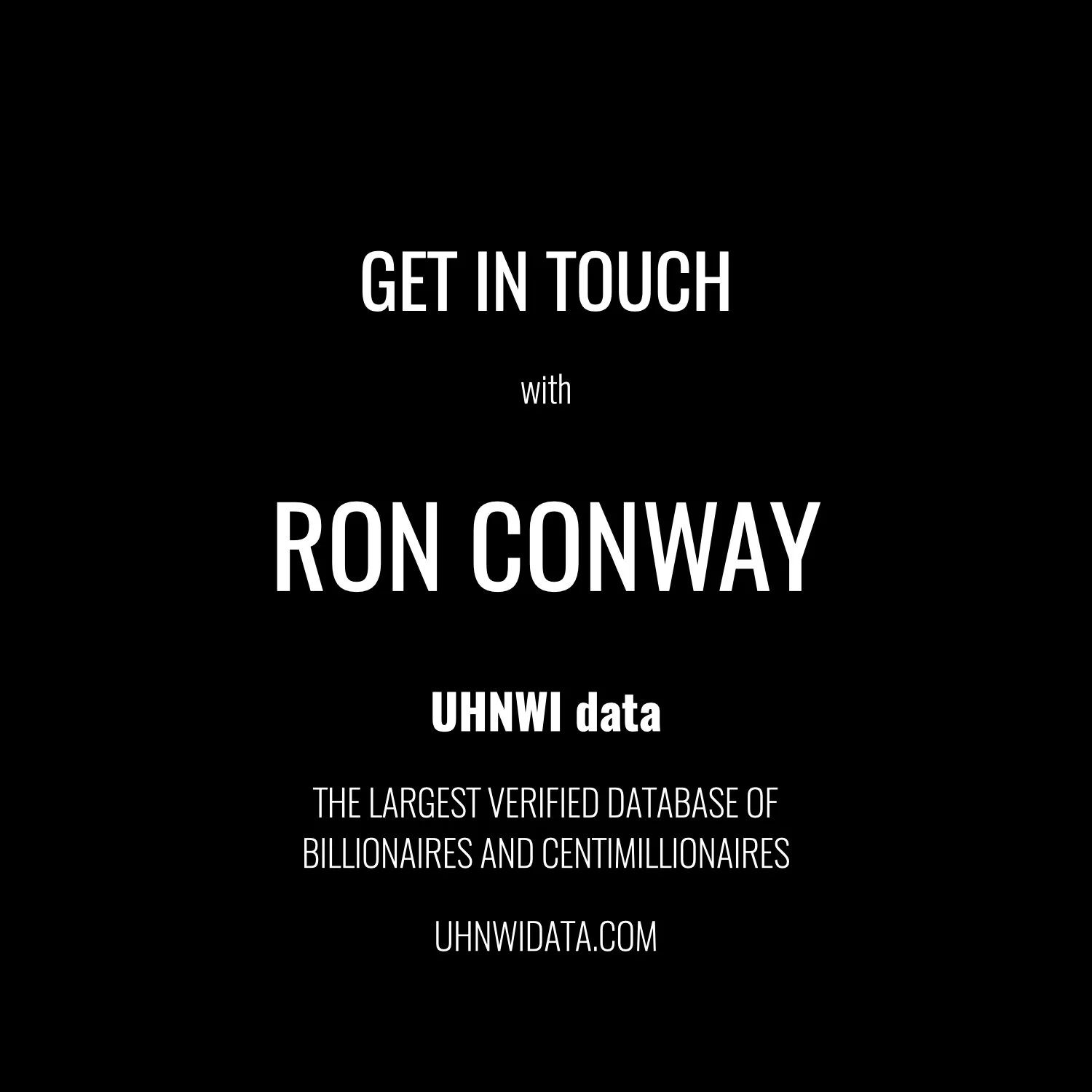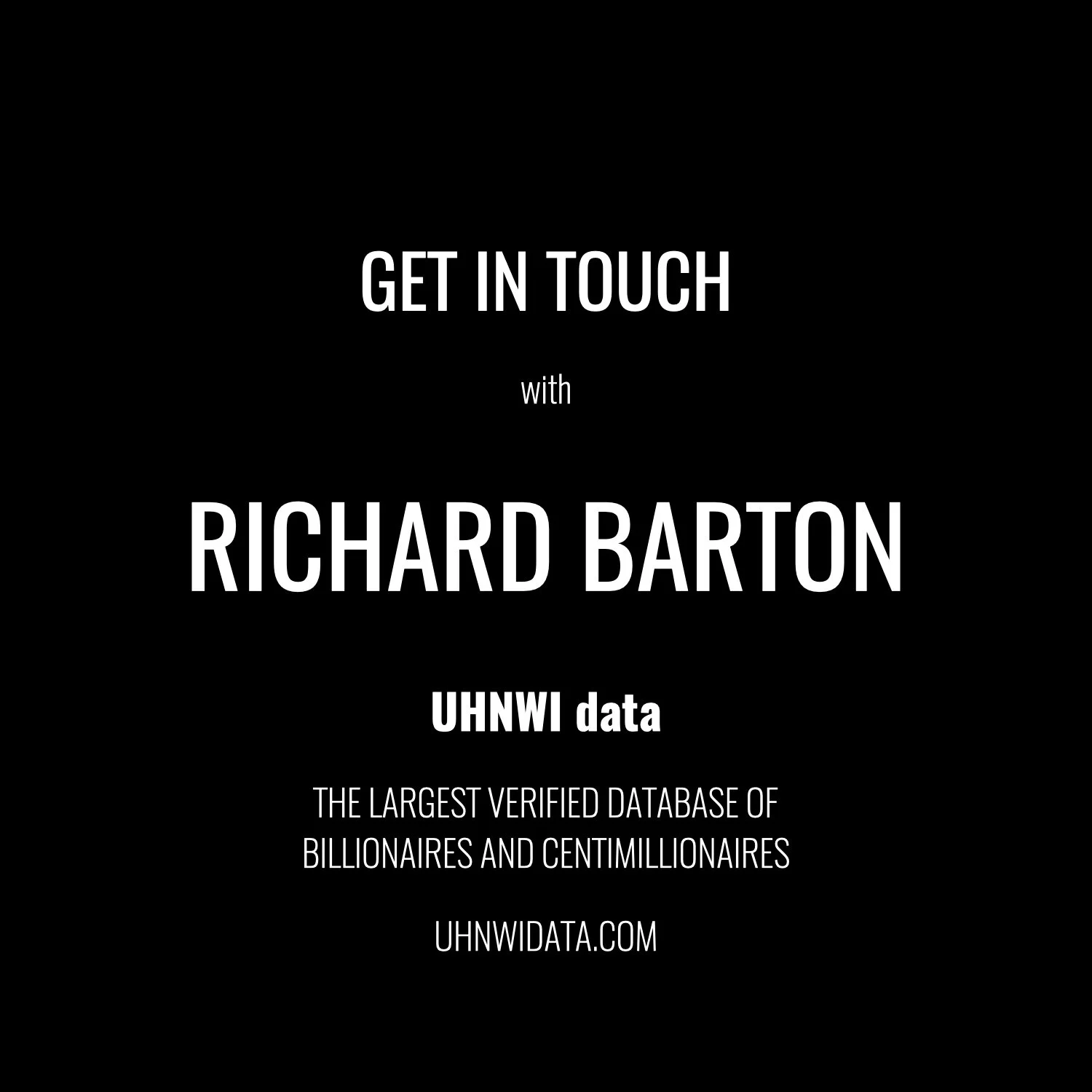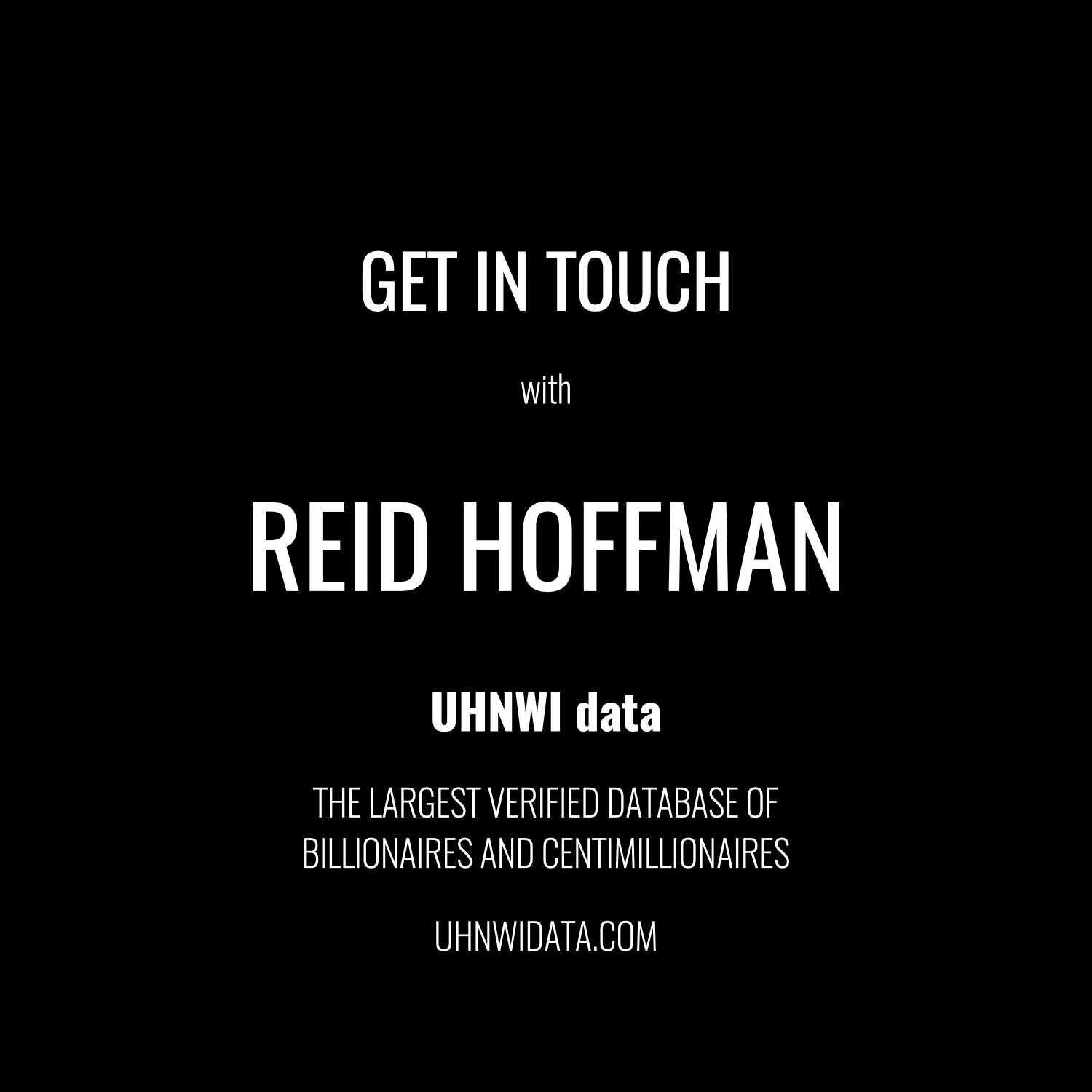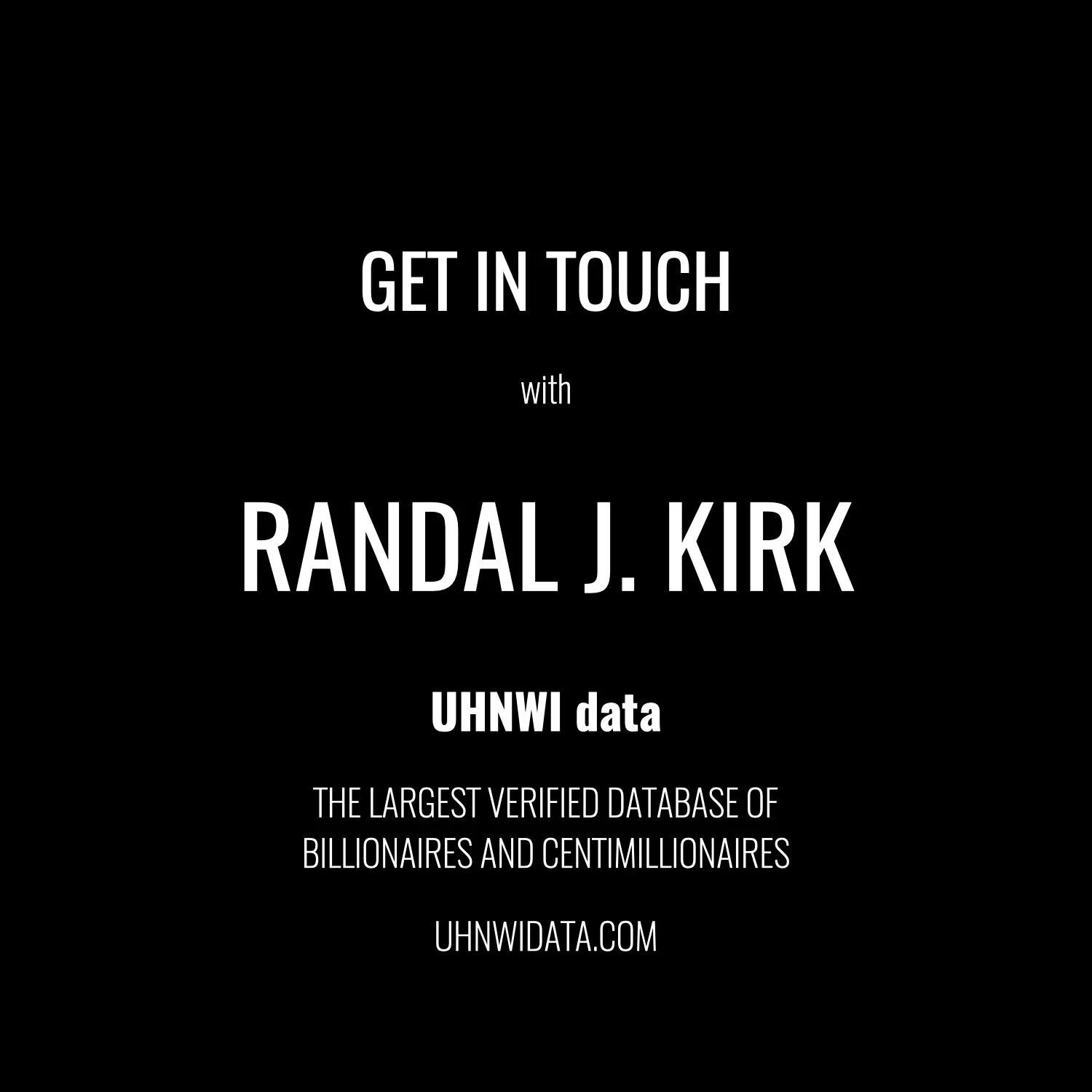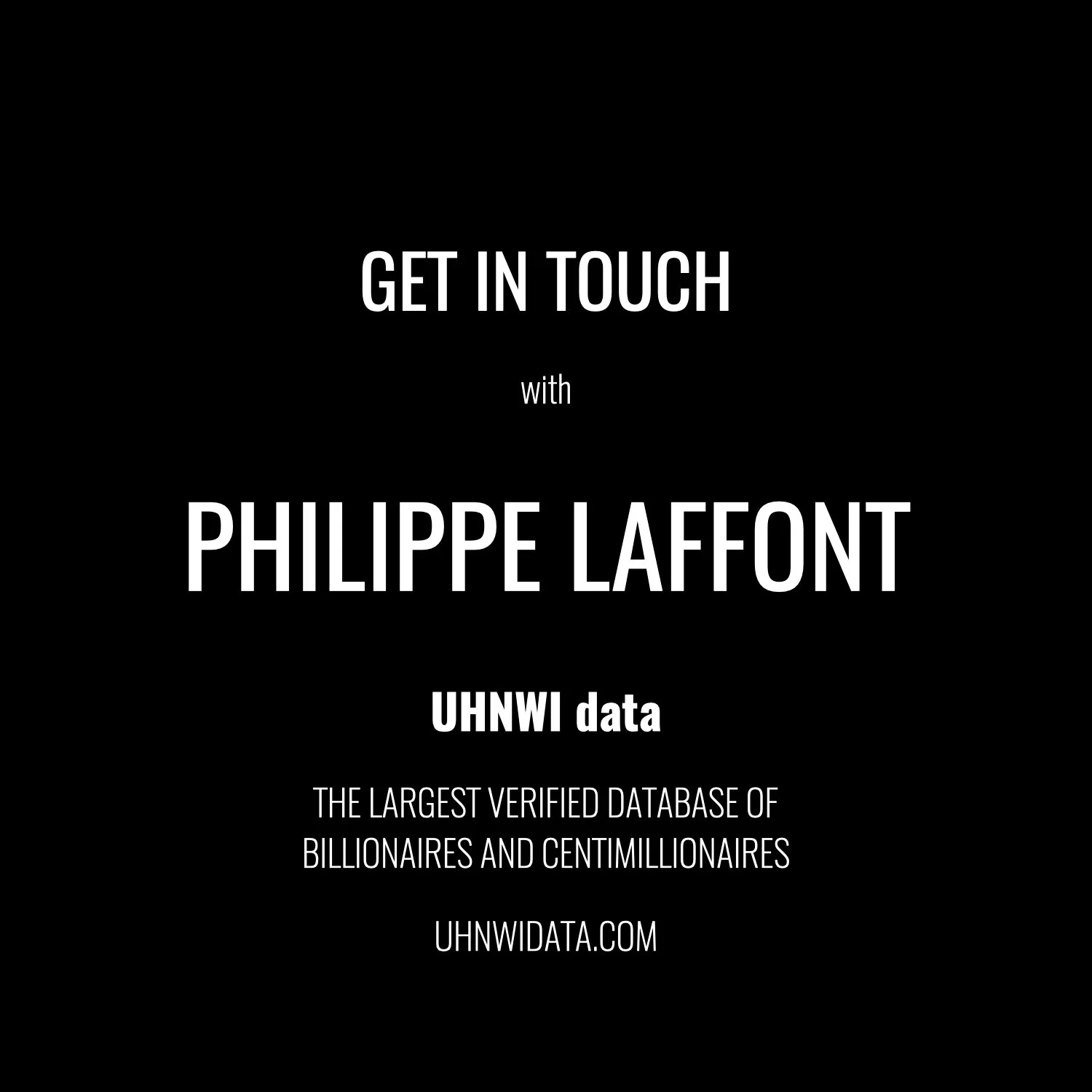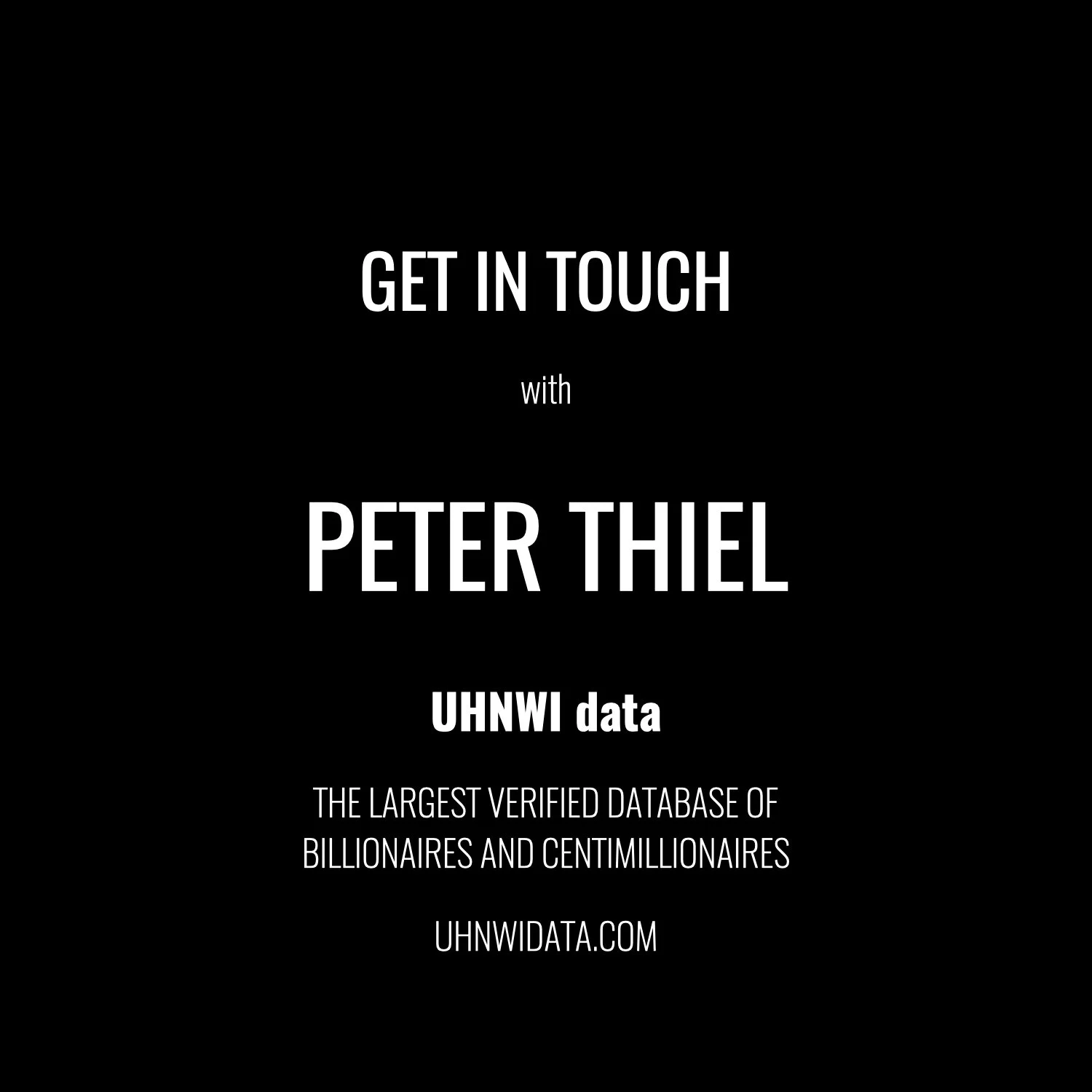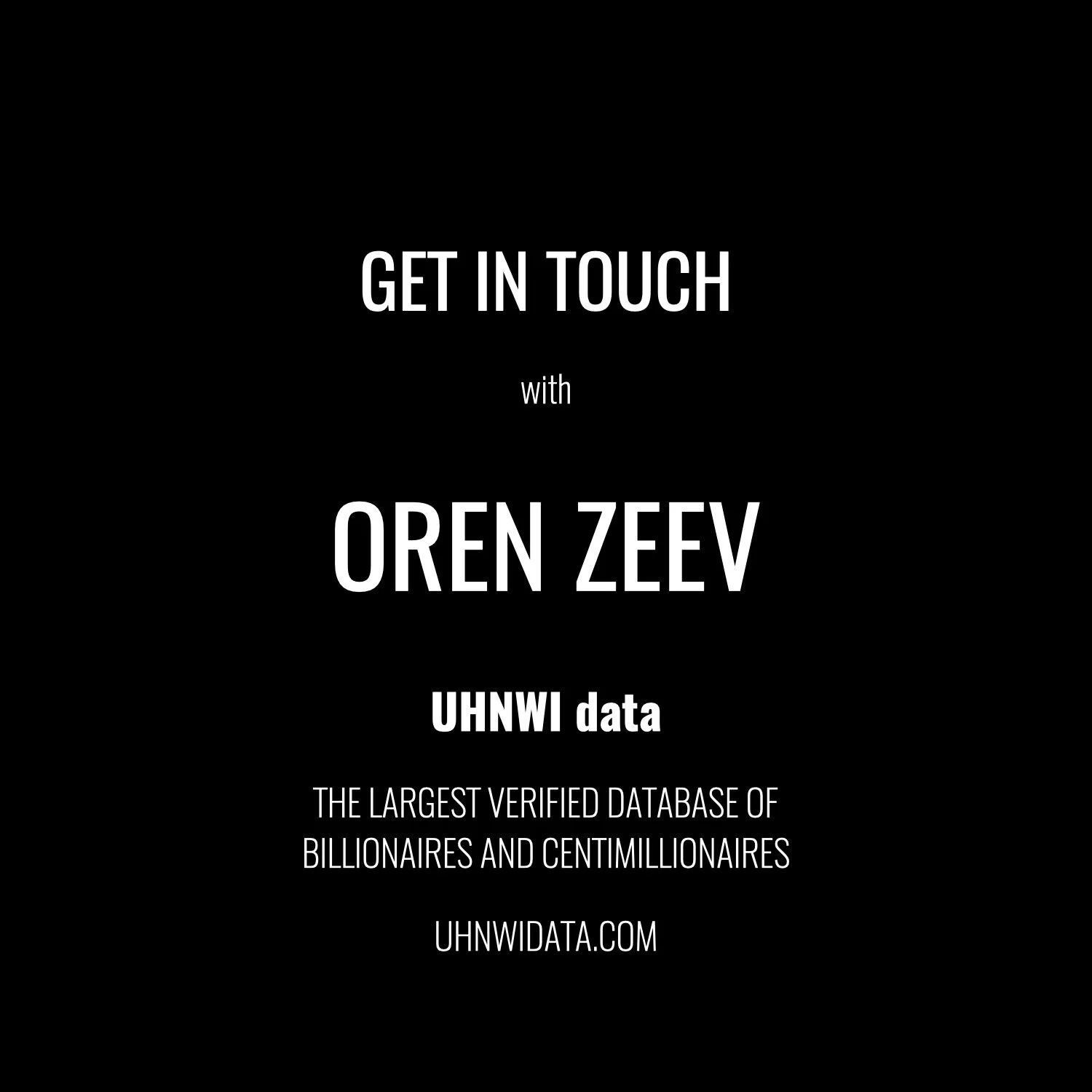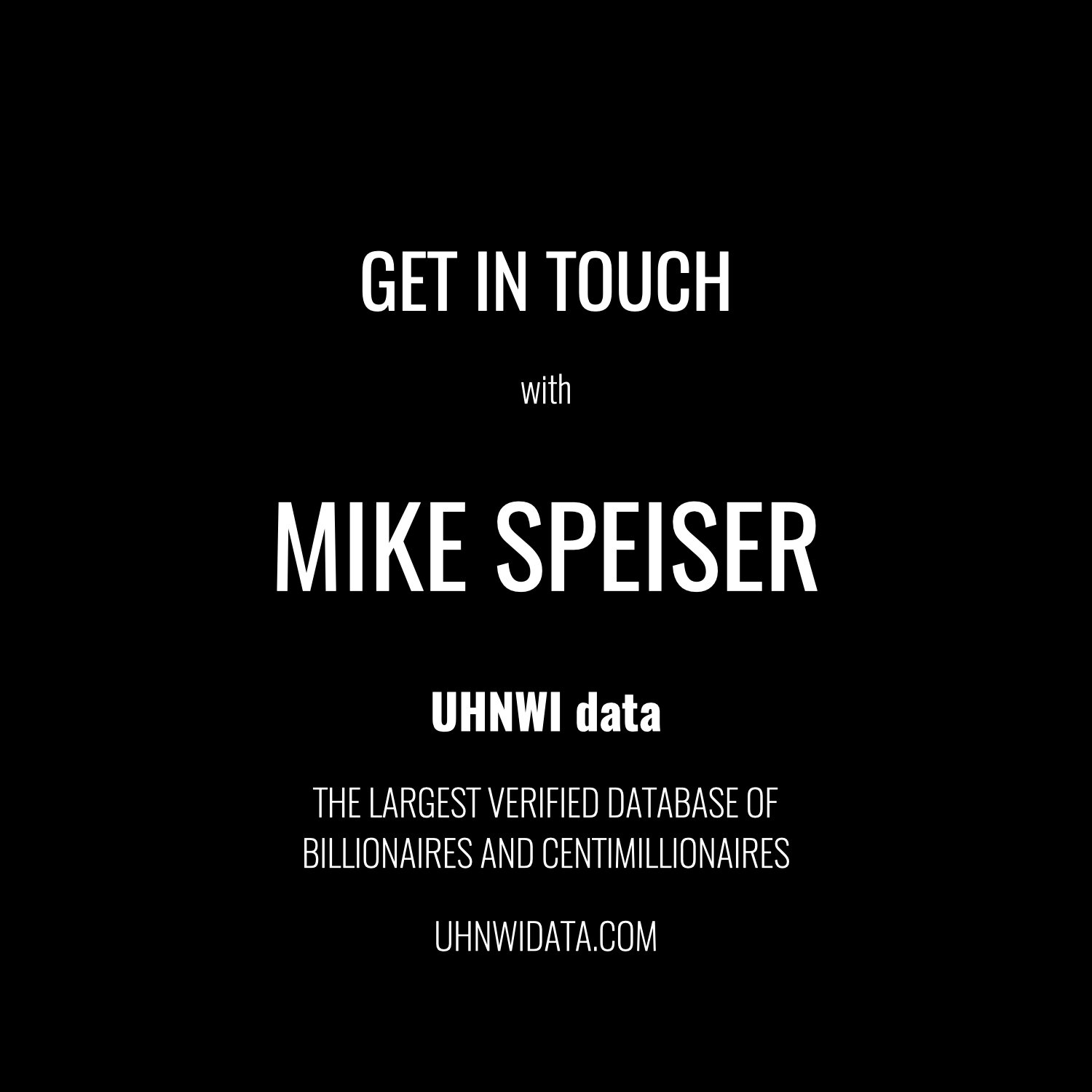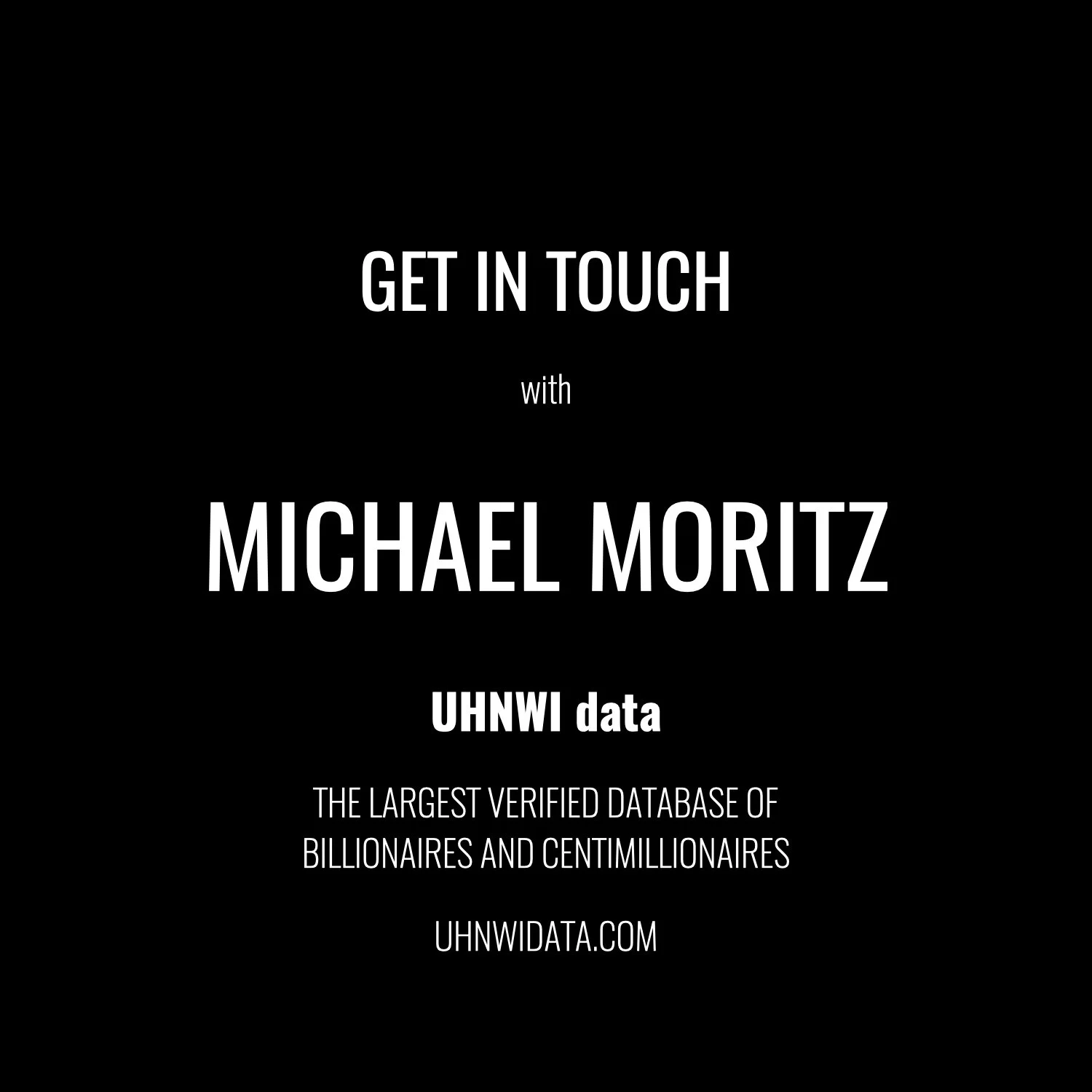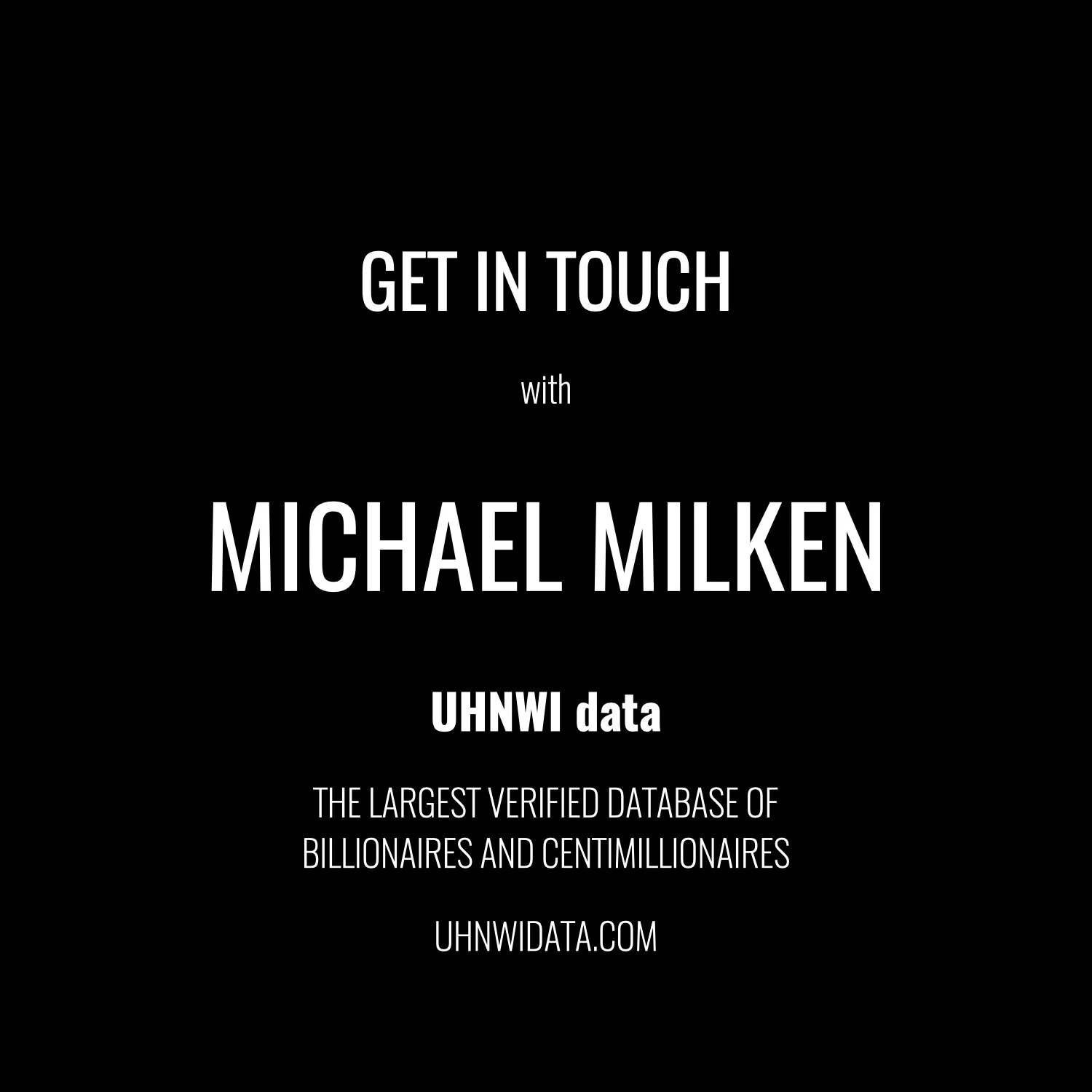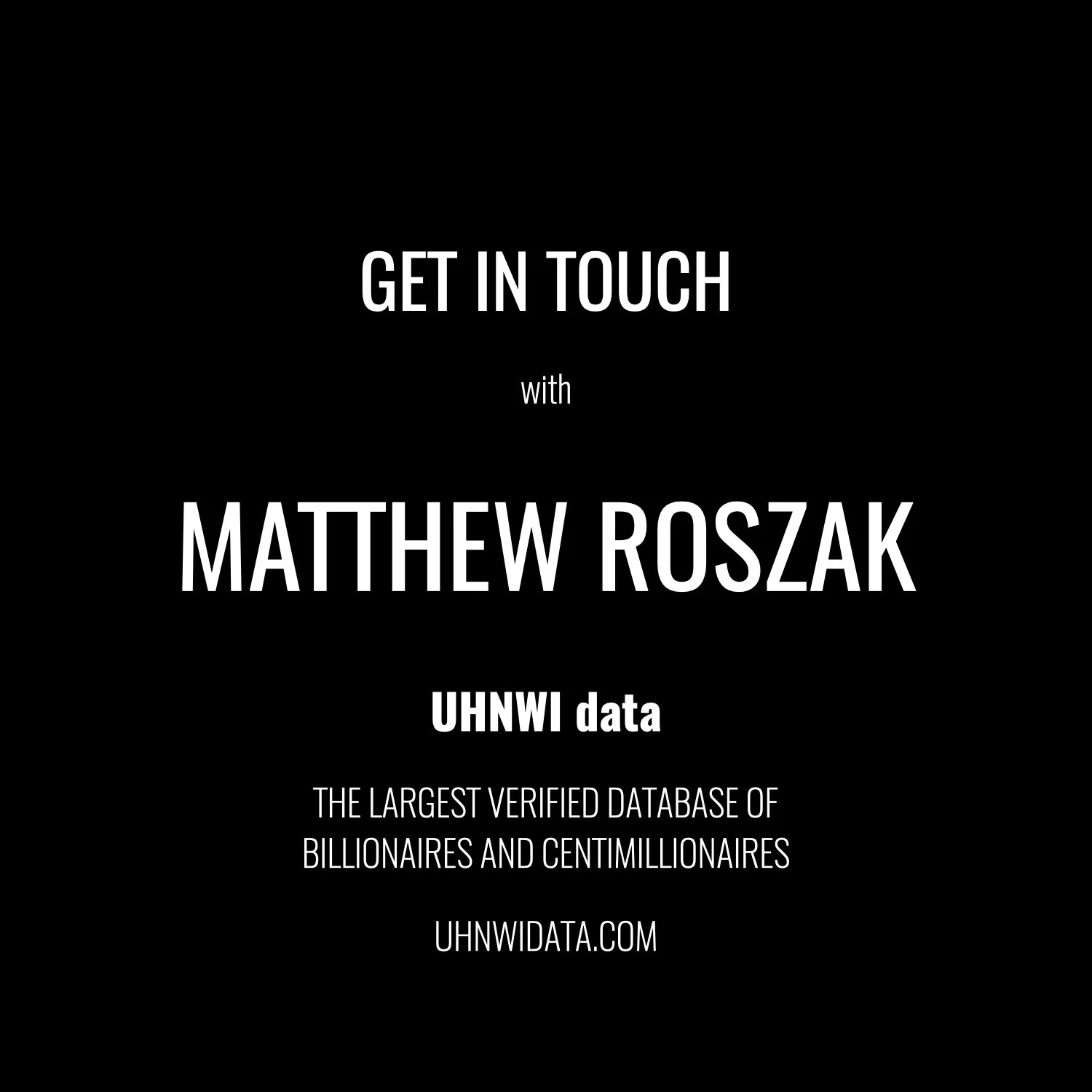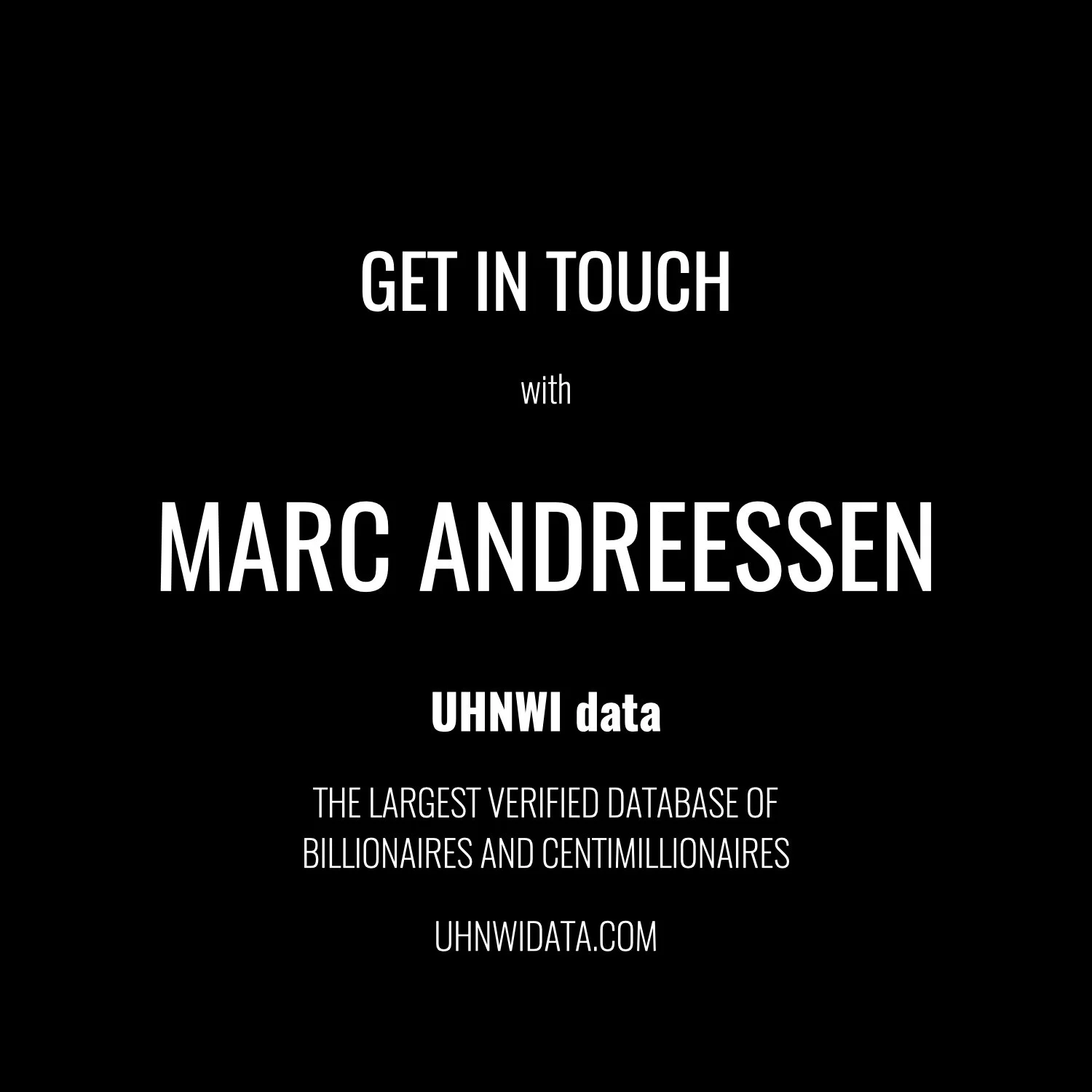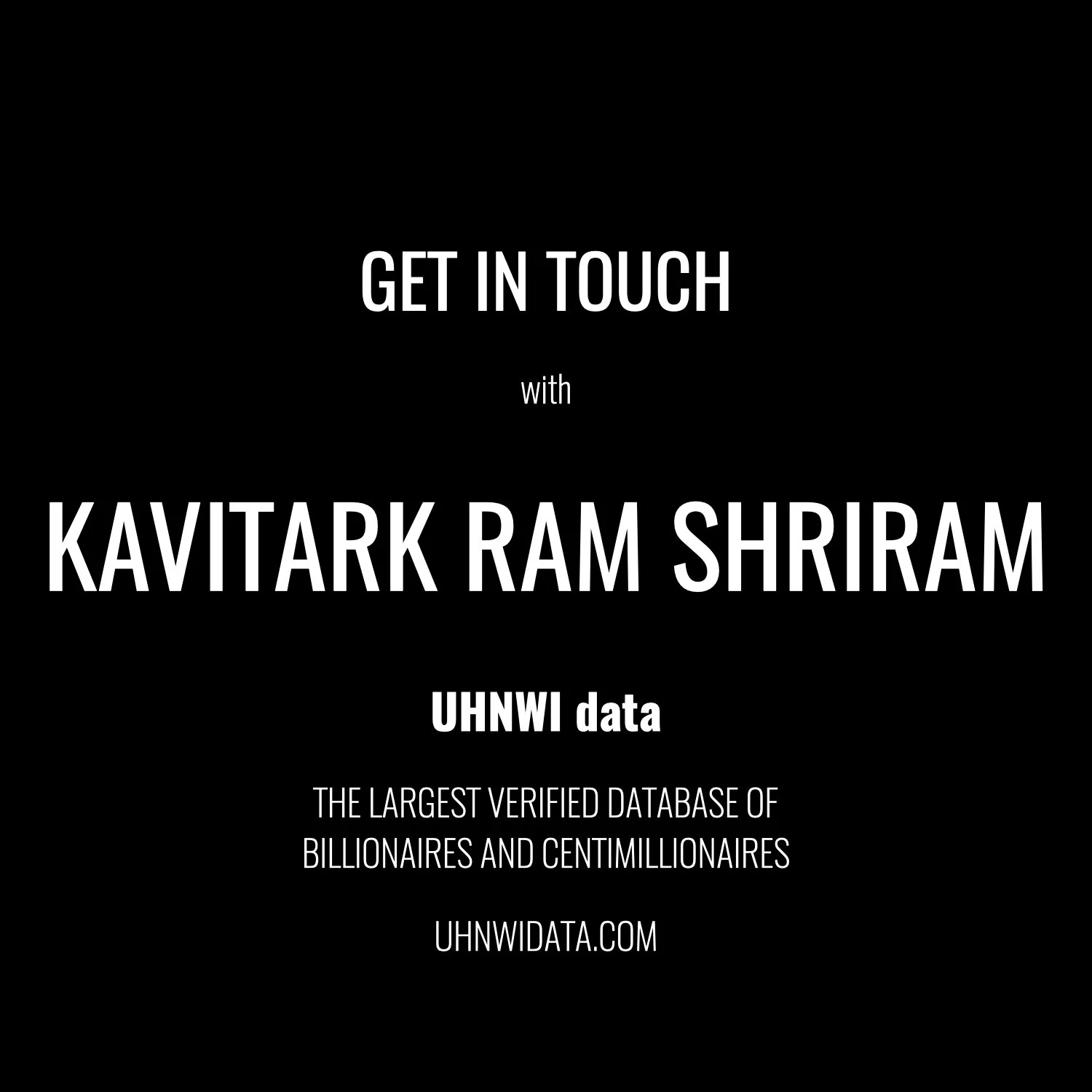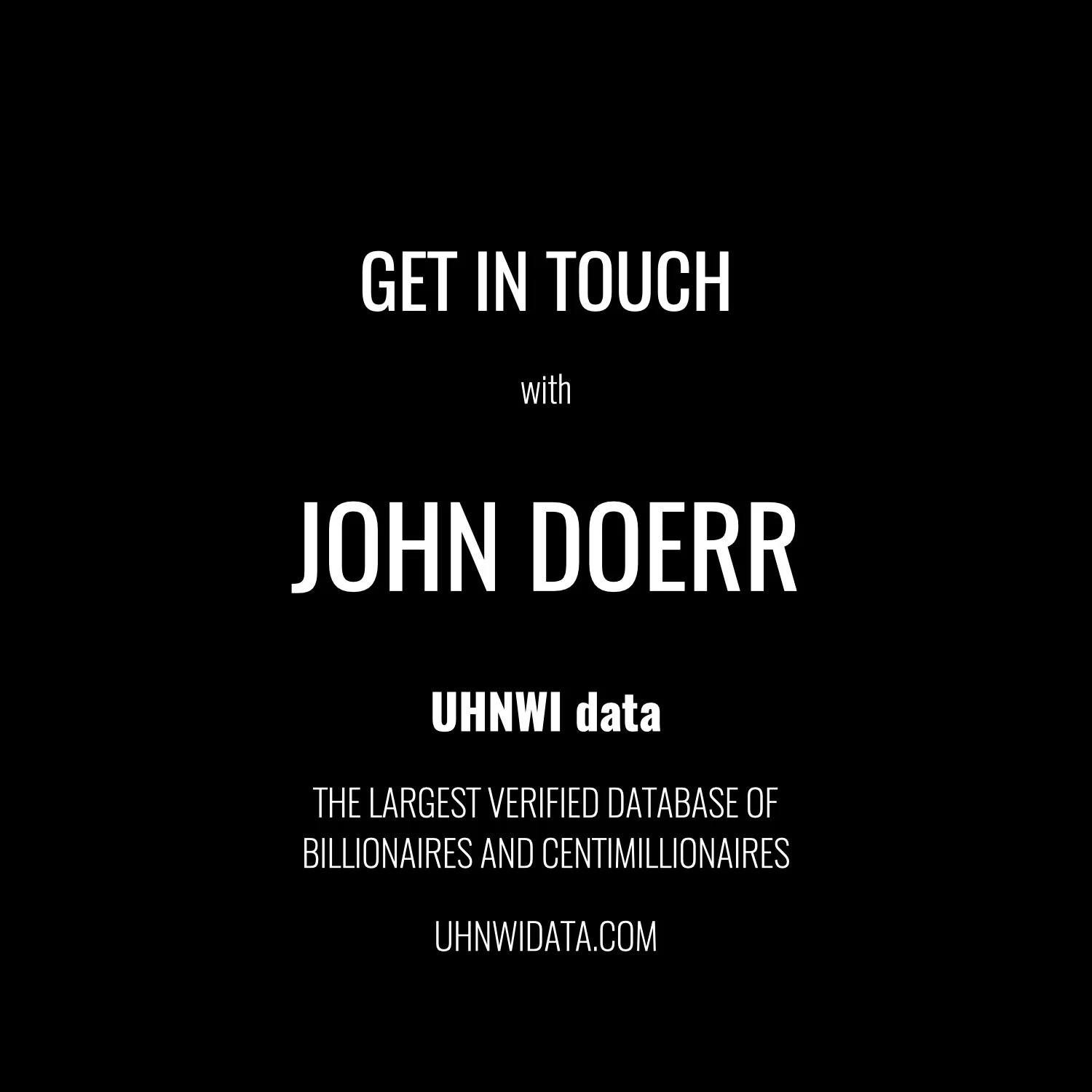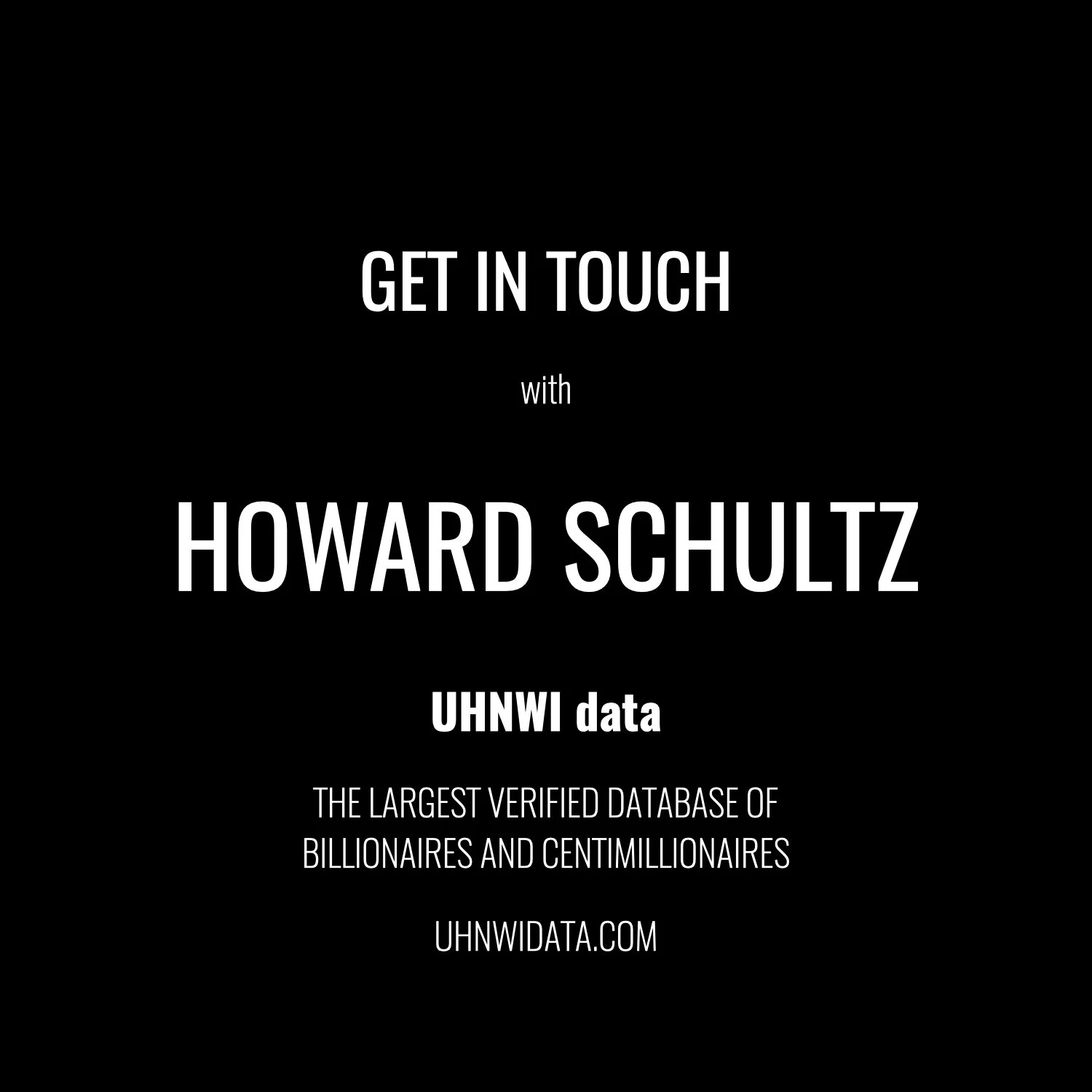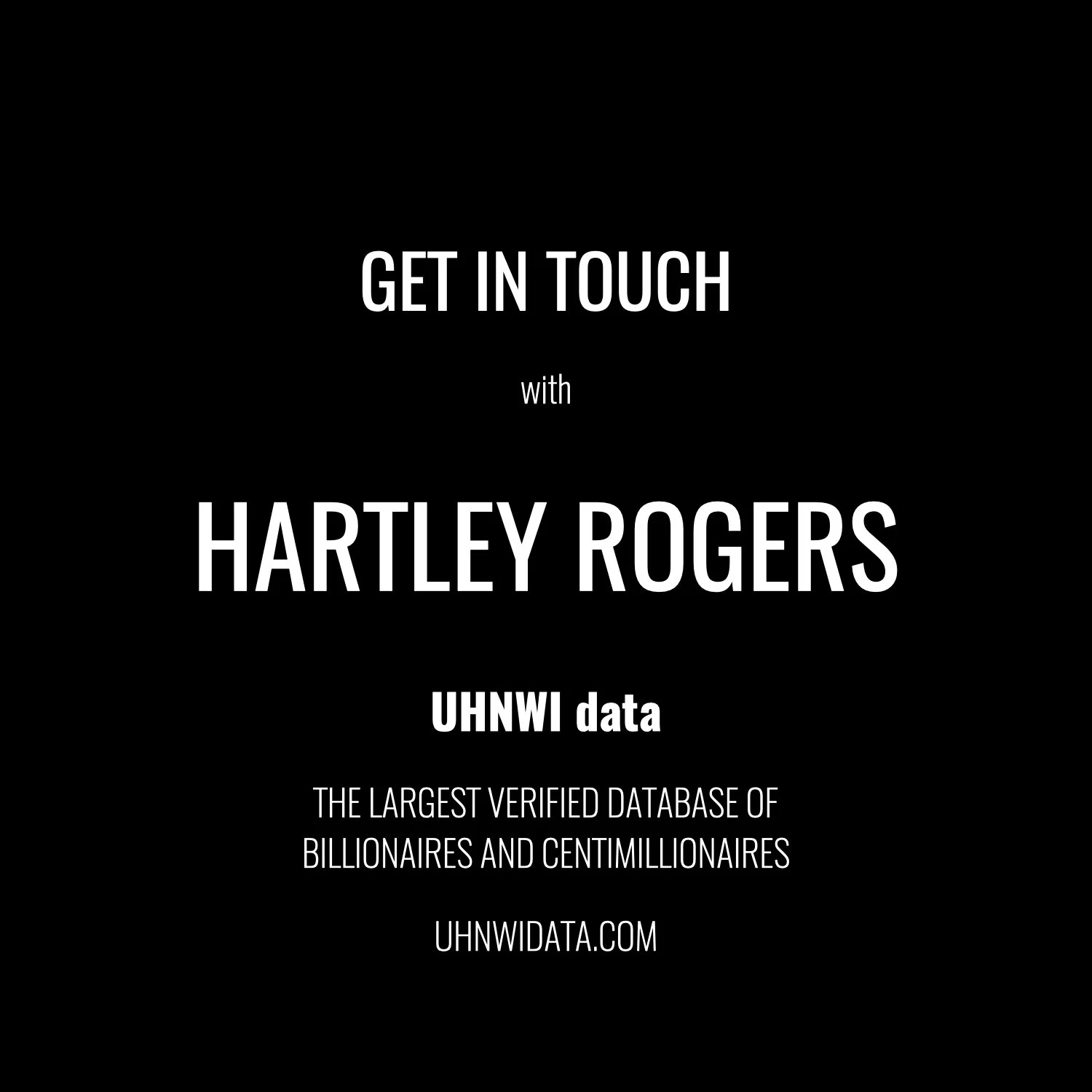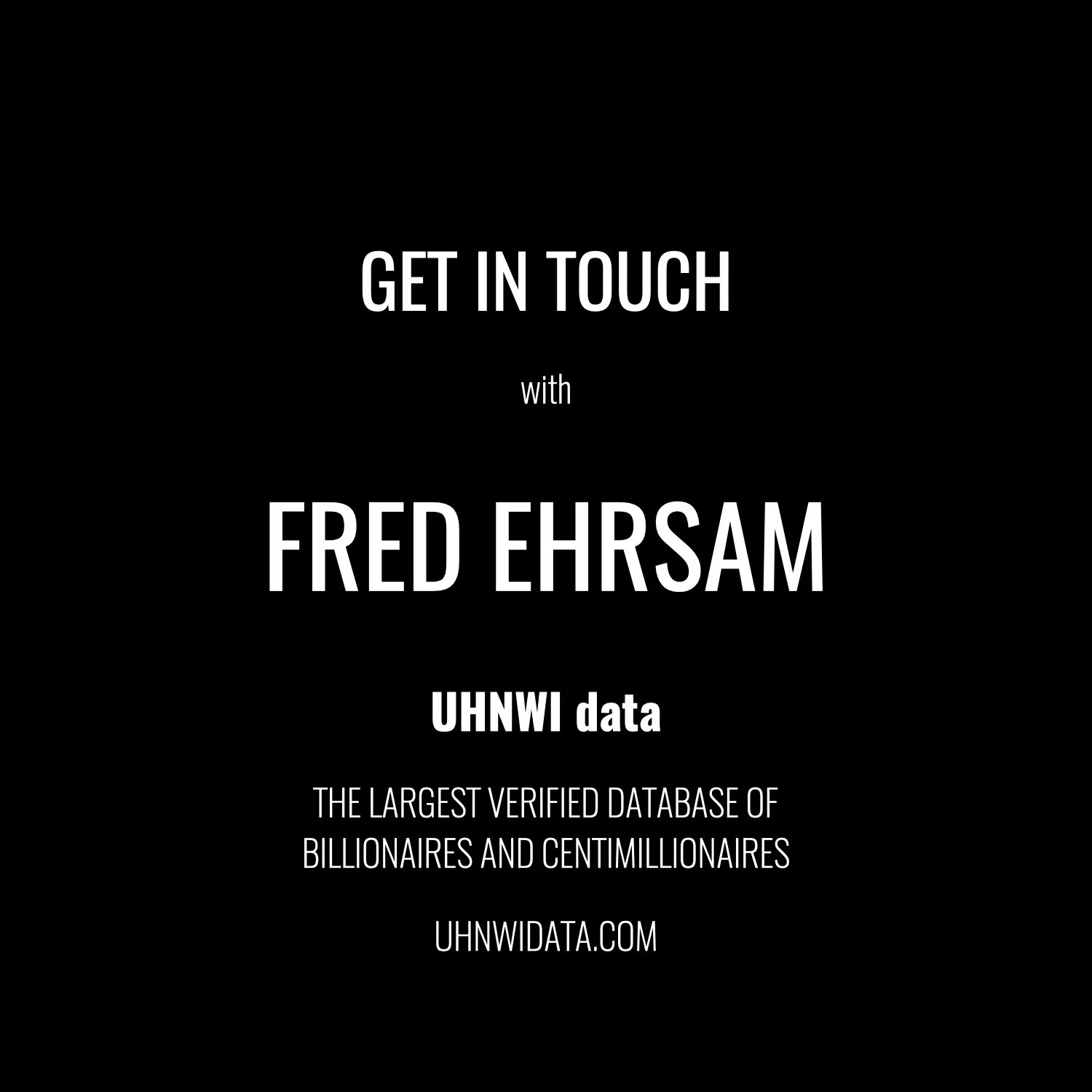Yuri Milner (born 1961) is a Russian-born Israeli physicist and venture capitalist who founded the investment firm DST Global and co-founded the Breakthrough Prize Foundation.[1][2]
After graduating from Moscow State University in 1985 with an advanced degree in theoretical physics, Milner conducted research in quantum field theory before pursuing an MBA at the Wharton School and entering the technology sector.[2][3] He established DST Global in 2009 to invest in late-stage internet companies, achieving notable successes with early stakes in Alibaba, Facebook, and Twitter (now X), which propelled the firm to prominence among global technology investors.[4][1]
In philanthropy, Milner has directed substantial resources toward fundamental science, co-founding the Breakthrough Prize in 2012 with his wife Julia Milner and partners including Sergey Brin to award $3 million annually for transformative contributions in physics, life sciences, and mathematics.[2][5] He has also supported ambitious projects such as the $100 million Breakthrough Starshot initiative launched in 2016 to develop nanocrafts for interstellar exploration.[6] In 2022, Milner renounced his Russian citizenship amid geopolitical tensions.[7]
Early Life and Education
Family Background and Childhood in the Soviet Union
Yuri Borisovich Milner was born on November 11, 1961, in Moscow, Russian SFSR, Soviet Union, into a Jewish family of intellectuals.[3][8] His father, Bentsion Zakharovich Milner (also rendered as Boris Milner), was a prominent Soviet economist and professor who specialized in American management practices, authoring or editing approximately 50 books on business and economics.[8][9] The family background included Ukrainian-Jewish paternal heritage and Russian-Jewish maternal roots, reflecting the diverse ethnic composition common among Soviet Jewish intelligentsia.[3]
As the second child in the family, Milner grew up in Moscow amid the intellectual environment shaped by his parents' academic pursuits during the Brezhnev-era Soviet Union.[7][10] Limited public details exist on specific childhood experiences, but the household emphasis on scholarly work and Western economic theory—evident in his father's publications—likely influenced his early exposure to theoretical and analytical disciplines.[8] This setting, within a Jewish family navigating Soviet restrictions on religious and cultural expression, provided a foundation in rigorous intellectualism rather than overt material privilege.[3]
Academic Training in Physics and Economics
Milner enrolled at Moscow State University in the late 1970s to study theoretical physics, graduating in 1985 with an advanced degree equivalent to a Master of Science in the Soviet educational system.[11][2] Following graduation, he pursued doctoral research in particle physics, conducting work in quantum field theory at the Lebedev Physical Institute of the Russian Academy of Sciences, a leading Soviet research institution focused on fundamental physics.[11][2]
In 1989, amid the loosening economic controls of perestroika, Milner abandoned his physics doctorate to pivot toward applied fields, reflecting a broader trend among Soviet scientists seeking opportunities outside pure research amid systemic constraints on theoretical work.[8] He then relocated to the United States in 1990 as one of the first Soviet citizens permitted to study abroad post-Cold War thaw, enrolling in the MBA program at the Wharton School of the University of Pennsylvania to train in business administration and economics.[3][12]
Milner completed his Wharton MBA in 1992, gaining expertise in financial markets, investment analysis, and economic policy, which equipped him for subsequent roles in international finance.[12] This economics-oriented training contrasted with his physics background, emphasizing practical applications of quantitative modeling and market dynamics over abstract theory.[11] Post-graduation, he applied these skills during a three-year stint at the World Bank's financial sector division, analyzing emerging market economics before returning to Russia.[11]
Business Career
Foundations in Russian Internet Sector
In 1999, Milner established NetBridge, an investment vehicle designed to adapt and invest in U.S.-style internet business models for the Russian market, including portals, search engines, and email services.[13][10] The venture focused on early-stage opportunities amid Russia's nascent online ecosystem, where internet penetration was under 1% and infrastructure lagged behind Western counterparts.[14]
The dot-com crash of 2000–2001 severely impacted NetBridge's portfolio, prompting a strategic merger in 2001 with Port.ru—a competitor offering similar webmail and portal services—under Milner's orchestration as NetBridge's manager, with backing from investor Igor Linshits.[15][16] This consolidation formed Mail.ru, Russia's first major webmail provider, which quickly captured market share by providing free email accounts and localized content during a period of economic recovery and rising dial-up adoption. Milner assumed the role of CEO of Mail.ru from 2001 to 2003, steering its survival and initial expansion despite ongoing financial pressures.[10]
In 2005, Milner co-founded Digital Sky Technologies (DST) as a dedicated holding company to consolidate and expand control over Mail.ru, acquiring a majority stake and integrating additional Russian internet assets such as the social network Odnoklassniki.[13][17] DST's strategy emphasized aggressive equity investments in high-growth online platforms, leveraging Mail.ru's user base—reaching millions by mid-decade—for cross-promotions in messaging, gaming, and advertising. By 2006, DST had increased its Mail.ru holdings to near-full ownership, positioning the group as a cornerstone of Russia's internet economy, which grew at over 30% annually through the late 2000s.[13]
Launch and Expansion of DST Global
DST Global was founded by Yuri Milner in 2009 as a Cayman Islands-registered venture capital firm focused on late-stage investments in internet-based companies, marking a pivot from Milner's earlier Russian-centric ventures to global opportunities.[3] The firm's launch coincided with its inaugural major deal: a $200 million investment in Facebook on May 26, 2009, securing approximately 2% ownership at a $10 billion pre-money valuation without demanding board seats or voting rights, a structure that highlighted Milner's strategy of providing liquidity to founders while betting on network effects in social platforms.[18] This transaction, executed through DST entities including Mail.ru Group, propelled DST Global's visibility and attracted capital from non-Russian sources, with co-founders Saurabh Gupta, John Lindfors, Rahul Mehta, and Tom Stafford joining to handle operations, investments, and finance.[4]
Expansion accelerated through successive funds and diversified bets on high-growth tech firms. DST Global II launched in 2011, followed by DST Global III in 2012 raising $1 billion led by Goldman Sachs and Yuri Milner, enabling stakes in Twitter (acquired 2011, divested May 2014) and gaming platform Zynga.[19] Subsequent funds—IV (2014), V (2015), VI (2018), VII and VIII (2019), and IX (2021)—amassed billions from over 150 investors across North America, Europe, the Middle East, and Asia, with no Russian capital accepted after DST Global II and less than 3% prior exposure from VTB Bank (fully divested by 2014).[3] The firm established offices in Silicon Valley, New York, London, Hong Kong, and Beijing to source deals, culminating in a portfolio exceeding 80 companies, including Airbnb, Spotify, Alibaba, JD.com, and Xiaomi, yielding substantial returns from exits like Facebook (divested 2012–2013, transforming the initial stake into multibillion-dollar gains).[1][3]
This growth positioned DST Global as a pre-IPO specialist, emphasizing concentrated wagers on platforms with viral user acquisition over broad diversification, though it drew scrutiny for opaque fund structures and limited public disclosure on individual deal terms.[20] By the mid-2010s, the firm's assets under management exceeded $10 billion across funds, funding bets on e-commerce and mobility disruptors while maintaining a deal pace of 3–4 annually to prioritize outsized "power law" outcomes.[19]
Major Technology and Social Media Investments
In 2009, Yuri Milner founded DST Global as a venture capital firm specializing in late-stage investments in internet and technology companies, marking a shift from his earlier Russian-focused ventures to global opportunities.[3] The firm's strategy emphasized large, concentrated bets on high-growth platforms, often providing liquidity to employees and early investors through secondary share purchases.[14]
DST Global's breakthrough came in May 2009 with a $200 million investment in Facebook, acquiring a 1.96% stake at a $10 billion valuation and offering to buy up to $100 million in employee shares for added liquidity.[18] This deal, one of the largest private investments in the company at the time, yielded substantial returns; DST later expanded its stake and sold shares post-IPO, realizing billions in gains.[21] In 2011, DST added $50 million more to Facebook at a $50 billion valuation.[22]
The firm extended its social media focus to Twitter in August 2011, leading an $800 million funding round that included $400 million in new capital from DST, valuing the platform at $8.4 billion and enabling secondary sales to employees.[23] This investment capitalized on Twitter's rapid user growth, with DST benefiting from the company's eventual public listing.[24]
Beyond social media, DST targeted e-commerce and gaming tech: in September 2011, it partnered with Silver Lake for a $1.6 billion tender offer to buy Alibaba employee shares, implying a $32 billion valuation for the Chinese giant ahead of its IPO.[25] In the gaming sector, DST invested hundreds of millions in Zynga around 2010–2011, supporting its social gaming expansion before its public debut.[26] Subsequent portfolio additions included Airbnb and Spotify, reflecting DST's broader tech ecosystem plays in sharing economy and streaming services.[27] These investments, often exceeding $100 million per deal, established DST as a key Silicon Valley player, with Milner's approach prioritizing network effects and user scale over diversified smaller bets.[28]
Biotechnology Ventures Including Altos Labs
In 2021, Yuri Milner emerged as a principal founder and investor in Altos Labs, a biotechnology firm dedicated to advancing cellular rejuvenation programming for restoring cell health and resilience, targeting the reversal of age-related diseases, injuries, and disabilities. The company's origins trace to an October 2020 conference hosted by Milner at his Los Altos Hills mansion, which convened experts in biological reprogramming to explore extending human lifespan through cellular restoration rather than mere disease treatment. Altos Labs was incorporated in both the United States and United Kingdom that year, with Milner channeling investments via his Milky Way Research Foundation, providing grants of $1 million annually for three years to support initial research efforts.[29]
By June 2021, Altos Labs had raised at least $270 million in funding, drawn from Milner and Amazon founder Jeff Bezos, enabling the recruitment of leading scientists such as Nobel laureate Shinya Yamanaka—who chairs the scientific advisory board—Juan Carlos Izpisúa Belmonte of the Salk Institute, Steve Horvath of UCLA, and Wolf Reik, formerly of the Babraham Institute. In January 2022, the company publicly launched with over $3 billion in committed capital from these and other backers, including additional Nobel recipients like Jennifer Doudna and Frances Arnold on its advisory board, and appointed Hal Barron—previously chief scientific officer at GlaxoSmithKline—as CEO effective summer 2022. Operations span facilities in San Francisco and San Diego, a hub in Cambridge, UK, and partnerships in Japan under Yamanaka's oversight, emphasizing curiosity-driven research without short-term revenue pressures.[29][30]
Altos Labs' core technology leverages partial reprogramming—building on Yamanaka's induced pluripotent stem cell factors—to reset epigenetic clocks in mature cells toward a youthful state, avoiding full dedifferentiation to reduce risks like tumor formation observed in earlier experiments. While proponents highlight potential breakthroughs in longevity, critics including researcher Alejandro Ocampo have noted the field's hype exceeds current evidence, with human translation challenged by safety concerns and unproven scalability despite animal model successes. Milner's stake in Altos represents his primary foray into direct biotechnology investment, distinct from his technology-focused DST Global portfolio, though no other comparable personal biotech ventures have been disclosed.[29][30]
Investment Controversies and Scrutiny
In 2017, leaked documents from the Paradise Papers revealed that DST Global, founded by Yuri Milner, received loans totaling approximately $850 million from VTB Bank, a Russian state-controlled institution chaired by Vladimir Putin ally Andrei Kostin, to finance early-stage investments in U.S. technology firms including Facebook and Twitter.[31] These funds, routed through offshore entities in Cyprus and the British Virgin Islands, supported DST's $200 million purchase of a 1.96% stake in Facebook in 2009 and an $80 million investment in Twitter in 2011, amid growing concerns over Russian influence in Western tech sectors.[32] VTB's involvement raised questions about potential Kremlin leverage, as the bank held minority stakes in DST vehicles without direct control over investment decisions, according to Milner.[31]
Milner, who maintained that VTB's contribution represented less than 5% of DST's overall funding and was purely commercial with no policy influence on portfolio companies, faced heightened scrutiny in the context of U.S. investigations into Russian election interference.[33] He disclosed the VTB partnership to limited partners and portfolio firms at the time, denying any nondisclosure or ulterior motives, and noted that DST ceased raising capital from Russian sources after 2011.[34] Critics, including U.S. lawmakers, questioned whether such funding enabled indirect Russian access to social media platforms' data or algorithms, though no evidence emerged of DST exerting influence on behalf of Moscow; the investments were fully exited by 2013 for Twitter and earlier for Facebook.[35][32]
Further associations included DST's partnerships with Russian oligarch Alisher Usmanov, who co-invested in the funds and held indirect stakes via entities like Mail.ru Group, amplifying perceptions of opaque Russian capital flows into Silicon Valley.[33] Post-2017, no formal U.S. regulatory actions targeted Milner or DST directly, but the revelations prompted broader reviews of foreign investment in tech, including CFIUS examinations of national security risks from state-linked funds.[36]
Following Russia's 2022 invasion of Ukraine, Milner publicly condemned Putin, resigned from the Skolkovo Foundation board on March 1, 2022, and relinquished his Russian citizenship in October 2022, actions framed as severing remaining ties amid venture capital firms' efforts to purge Russian-linked funding.[37][38] DST Global affirmed no ongoing Russian investor involvement, with post-2011 capital sourced diversely from global limited partners, mitigating prior geopolitical exposures.[3] These steps occurred against a backdrop of intensified sanctions on VTB and Russian entities, though earlier investments predated such measures and yielded no proven security breaches.[39]
Philanthropy and Scientific Initiatives
Creation of the Breakthrough Prize
In 2012, Yuri Milner established the Fundamental Physics Prize—later integrated into the broader Breakthrough Prize framework—to recognize transformative contributions to fundamental physics, awarding $3 million annually to one or more individuals or teams for profound advancements in human understanding of the universe.[5][40] The prize emphasized recent breakthroughs over lifetime achievements, surpassing the Nobel Prize in monetary value (approximately three times greater at the time) to better incentivize high-risk, fundamental research.[41][42]
On July 31, 2012, Milner personally selected and announced the nine inaugural laureates, including physicists Alan Guth for cosmic inflation theory, Alexei Starobinsky for related early-universe models, and Jacob Bekenstein for black hole entropy research, with each receiving the full $3 million unrestricted award.[43][44] Concurrently, Milner introduced the $100,000 New Horizons in Physics Prize to honor up to three early-career researchers demonstrating exceptional promise.[43][40] Milner, drawing from his physics background, positioned the prize as a means to elevate the visibility of theoretical physics and attract top talent, stating it would "celebrate and reward great minds working on the deepest mysteries of the universe."[45][41]
The initiative's creation reflected Milner's view that fundamental science underpins technological progress, with the substantial awards intended to counter the field's funding challenges and inspire younger scientists; he hoped it would encourage more individuals to pursue physics careers amid perceptions of limited practical rewards.[42][45] Co-founded with his wife Julia Milner from the outset, the prize later expanded in 2013 to include Life Sciences categories through partnerships with Sergey Brin, Mark Zuckerberg, Priscilla Chan, and Anne Wojcicki, formalizing the Breakthrough Prize as a multidisciplinary effort while retaining Milner's foundational role in physics.[2][46] A Mathematics category followed in 2015, broadening the scope to core areas of basic research.[2]
Breakthrough Initiatives for Space and Fundamental Science
The Breakthrough Initiatives, launched by Yuri and Julia Milner in July 2015, comprise a series of privately funded programs dedicated to exploring extraterrestrial life and developing technologies for interstellar exploration, with an initial commitment exceeding $200 million. These efforts aim to address fundamental questions about the universe's habitability and the feasibility of human expansion beyond the Solar System, leveraging advanced observational and propulsion technologies. The programs emphasize empirical data collection and engineering prototypes over speculative theory, partnering with institutions like the University of California, Berkeley, and international observatories.[47][48][49]
A cornerstone is Breakthrough Listen, a $100 million, decade-long search for extraterrestrial intelligence (SETI) announced on July 20, 2015, in collaboration with physicist Stephen Hawking. It utilizes the Green Bank Telescope in West Virginia and the Parkes Observatory in Australia to scan one million nearby stars and 100 galaxies for technosignatures, such as narrowband radio signals or laser pulses, processing over a petabyte of data annually with high-resolution spectrometers developed at Berkeley. As of 2025, no confirmed detections have occurred, though the project has released public datasets and advanced instrumentation for anomaly detection, reinvigorating SETI after decades of limited funding.[50][51][49]
Breakthrough Starshot, initiated in April 2016 with another $100 million allocation, seeks to demonstrate proof-of-concept for light-sail propelled nanocrafts capable of reaching Alpha Centauri—4.37 light-years away—in about 20 years at 20% the speed of light. The plan involves launching gram-scale probes equipped with cameras and sensors, accelerated by a ground-based laser array delivering petawatts of power to ultra-thin sails. Backed by advisers including Hawking and Mark Zuckerberg, early phases funded prototype sail materials and beam control tests, but by 2025, the project faced setbacks including technical hurdles in laser scaling, regulatory challenges for the array, and waning momentum, leading to a reported quiet scaling-back despite initial ambitions for a full mission costing billions.[52][53][54]
Complementary efforts include Breakthrough Watch, which employs telescopes like the Very Large Telescope to directly image Earth-like exoplanets in habitable zones for biosignatures, and Breakthrough Message, a contest soliciting encoded signals for potential transmission to extraterrestrial recipients, though the latter remains conceptual. These initiatives prioritize verifiable technological milestones, such as sail deployment tests and signal processing algorithms, over unproven hypotheses, while openly acknowledging the low probabilities of success—estimated at under 1% for Starshot's full realization—yet justifying investment through spillover innovations in photonics and astrobiology.[47][55]
Humanitarian Responses to Crises Including COVID-19 and Ukraine Invasion
In response to the COVID-19 pandemic, the Milner Foundation, co-founded by Yuri and Julia Milner, donated $3 million on March 25, 2020, to support Israeli institutions combating the virus.[56] This funding was allocated to Tel Aviv University for research into diagnostics and treatments, Magen David Adom for emergency medical supplies and personnel, and Ichilov Medical Center at Tel Aviv Sourasky Medical Center for expanding intensive care capacity and acquiring protective equipment.[57] The donation aimed to address immediate shortages in testing, ventilation, and frontline response amid Israel's early outbreak phase.[58]
Following Russia's invasion of Ukraine on February 24, 2022, the Milner Foundation provided $3 million in emergency aid on March 8, 2022, to the Conference of European Rabbis to assist Jewish refugees fleeing the conflict.[59] This support facilitated evacuation, temporary housing, food distribution, and medical care for thousands escaping violence in Ukraine's third week of war.[60] Separately, Yuri and Julia Milner committed $100 million in April 2022 to launch Tech for Refugees, a tech-driven initiative partnering with organizations like the International Rescue Committee to aid Ukrainian refugees through digital tools for job matching, education, and integration.[61] The Breakthrough Prize Foundation, co-founded by Milner, issued a statement condemning the invasion as "unprovoked and brutal" and pledged ongoing support for affected scientists, though humanitarian focus remained on refugee welfare.[62] These efforts aligned with Milner's prior renunciation of Russian citizenship in October 2022, following his family's departure from Russia in 2014.[63]
Broader Commitments like the Giving Pledge and Eureka Manifesto
In 2012, Yuri Milner and his wife Julia signed the Giving Pledge, a commitment initiated by Bill Gates, Melinda French Gates, and Warren Buffett encouraging the world's wealthiest individuals to dedicate the majority of their wealth to philanthropy during their lifetimes or in their wills.[64] Their pledge letter highlighted a focus on addressing fundamental challenges through science and education, noting the creation of the Fundamental Physics Prize as an example of directing resources toward advancing human understanding of the universe's deep structure.[64] This aligns with Milner's stated intent to prioritize investments in problem-solving initiatives over traditional charitable giving, emphasizing empirical progress in scientific fields.[64]
Complementing the Giving Pledge, Milner authored the Eureka Manifesto: The Mission for Our Civilization in 2021, a concise book presenting a philosophical framework for humanity's collective purpose.[65] The manifesto posits that humanity's survival and thriving depend on adopting a shared mission rooted in scientific exploration, positioning scientific advancement as a unifying force to overcome global crises such as geopolitical conflicts, environmental threats, and technological risks.[66] Milner argues that recognizing our species' nascent stage in cosmic history—evidenced by the absence of detected extraterrestrial civilizations—necessitates prioritizing discovery and expansion beyond Earth, with science serving as the "universal language" for international collaboration.[65] Available for free download, the text draws on Milner's background in physics and investment to advocate for reallocating resources toward fundamental research and interstellar ambitions, framing inaction as a path to stagnation or extinction.[67]
These commitments reflect Milner's broader emphasis on long-term human progress over short-term relief, integrating personal wealth dedication with a civilizational-scale vision that critiques fragmented national priorities in favor of evidence-based global unity.[68] While the Giving Pledge provides a binding philanthropic structure, the Eureka Manifesto serves as an intellectual call to action, influencing Milner's initiatives like the Breakthrough Prize by underscoring science's role in averting existential vulnerabilities.[2]
Personal Life
Family, Residence, and Intellectual Pursuits
Yuri Milner was born into a family of Moscow intellectuals; his father, Boris Milner, was a professor specializing in American management practices.[8] In 2004, he married Julia Bochkova, a former high-fashion model and contemporary artist.[69] The couple has three daughters, with births occurring in Israel and the United States.[70] [71]
In 2014, Milner relocated his family to California, where their third daughter was born; the entire family, including his mother, now resides there.[3] His primary residence is a 25,545-square-foot French chateau-style mansion in Los Altos Hills, California, purchased for $100 million in March 2011—one of the highest-priced home sales in Silicon Valley at the time.[72] [73] The estate spans approximately 17 acres overlooking the San Francisco Bay and features amenities including a ballroom, game room, and maid's quarters.[74]
Milner's intellectual pursuits are rooted in theoretical physics; he earned an advanced degree from Moscow State University in 1985 and subsequently conducted research in quantum field theory.[2] This background informs his ongoing passion for fundamental science, manifested through philanthropic initiatives supporting advancements in physics, life sciences, and cosmology.[75]
Assets, Citizenship Changes, and Public Stance on Geopolitics
Yuri Milner's primary assets stem from his founding and leadership of DST Global, a venture capital firm focused on late-stage internet investments, which has backed companies including Facebook, Twitter (now X), and Airbnb, generating substantial returns. His estimated net worth stands at approximately $6.9 billion as of September 2025, largely tied to these technology holdings. Additional personal assets include a superyacht named Andromeda and real estate such as a $70 million penthouse in London acquired through an entity under his control in 2023. Milner resides in the San Francisco Bay Area, reflecting his long-term base in Silicon Valley since relocating there in the early 2010s.[1][76][71][77]
Born in the Soviet Union, Milner acquired Israeli citizenship after emigrating there in the 1990s and has held it since. He departed Russia permanently in 2014 following the annexation of Crimea, citing a desire to distance himself from the geopolitical shifts under Vladimir Putin. In August 2022, amid Russia's full-scale invasion of Ukraine, Milner and his family completed the formal renunciation of their Russian citizenship, a process he announced publicly that October, emphasizing his prior exit from the country and rejection of ongoing ties. This move aligned with actions by other Russian-origin billionaires seeking to sever formal connections to Moscow amid international sanctions and scrutiny.[78][7][79]
On geopolitics, Milner has publicly condemned Russia's 2022 invasion of Ukraine as a "heartbreaking tragedy," with his companies issuing statements denouncing the war and halting operations in Russia. He has distanced himself from Putin, transitioning from earlier caution to explicit criticism, including calls for an end to the conflict. Despite historical funding links between DST Global and Russian state entities like Vnesheconombank in the 2010s—which facilitated early Silicon Valley deals but were disclosed at the time—Milner has maintained no ongoing political affiliations with the Kremlin, framing his renunciation and stances as a clean break from his birthplace's actions. His commentary remains focused on the Ukraine war, with no prominent public positions on other global issues like U.S.-China tensions or Middle East conflicts noted.[37][80][32]
Recognition and Legacy
Awards and Honors
Yuri Milner has received recognition primarily for his success as a venture capitalist and philanthropist through inclusions in prominent industry rankings and lists. He has been featured multiple times on Forbes' Midas List, which ranks top technology investors based on successful exits and deal-making prowess. In 2011, he ranked 25th; in 2013, 53rd; in 2016, 17th; in 2017, 15th; and in 2018, 52nd.[81]
Other honors include his selection for TIME magazine's 2016 list of the 100 Most Influential People, with an entry written by physicist Stephen Hawking praising Milner's investments in scientific initiatives. In 2017, Fortune named him among the World's 50 Greatest Leaders, highlighting his role in funding transformative technologies and science prizes.[82] Earlier, in 2011, Fast Company ranked him third on its list of the 100 Most Creative People in Business for pioneering investments in social media platforms like Facebook.
Milner has also appeared on Vanity Fair's New Establishment List (#23 in 2011, #25 in 2014, #23 in 2015) and Wired's Wired 100 (#13 in 2015, #20 in 2016), reflecting his influence in tech and media ecosystems. In Russia, he was named Kommersant of the Year and Russian GQ's Man of the Year in 2011, alongside topping Russian Forbes' Owners of Virtual Reality list that year.[83] These recognitions underscore his impact on global tech investments rather than traditional academic or state honors, with no documented receipt of formal prizes like Nobel equivalents or governmental medals.
Overall Impact, Achievements, and Criticisms
Yuri Milner's investments through DST Global generated substantial returns, including a 2009 stake in Facebook valued at over $1 billion by 2012 and early bets on companies like Twitter, Spotify, and Alibaba that propelled his net worth to approximately $6.2 billion as of 2023. These successes established him as a pivotal figure in bridging Russian capital with Silicon Valley innovation, influencing the global tech landscape by accelerating the growth of social media and internet platforms. His venture capital approach emphasized high-conviction, concentrated bets on transformative technologies, yielding outsized impacts on digital connectivity and data economies.[1]
In philanthropy, Milner has channeled hundreds of millions into science, most notably co-founding the Breakthrough Prize in 2012, which has awarded over $326 million to laureates in fundamental physics, life sciences, and mathematics by 2025, often exceeding Nobel Prize amounts at $3 million per winner. This initiative, supported by figures like Sergey Brin and Mark Zuckerberg, has elevated scientific recognition through high-profile ceremonies akin to entertainment awards, fostering greater public engagement with research and inspiring early-career scientists via programs like the $100,000 New Horizons Prizes. Complementary efforts, such as the $100 million Breakthrough Listen for extraterrestrial intelligence searches launched in 2015 and the $100 million Starshot project in 2016 for interstellar probes, have advanced astrobiology and propulsion technologies, drawing collaborations from institutions like the University of California and SETI.[84][6][85]
Milner's 2013 commitment to the Giving Pledge, alongside his wife Julia, has extended to targeted humanitarian aid, including $100 million for refugee tech initiatives in 2016, $5 million to Israel's Jewish Agency for terror victims in 2023, and $10 million to Israeli groups following the October 2023 Hamas attacks. These efforts underscore a data-driven philanthropy model prioritizing measurable outcomes in education, crisis response, and scientific progress, with additional impacts like full-tuition Wharton scholarships for Israeli students funded by a $10 million gift. His work has been recognized on Forbes' Midas List for venture investing prowess and praised for democratizing science's cultural stature.[64][86][87]
Criticisms of Milner center on his early career ties to Russian state entities, including funding from VTB Bank—a Kremlin-controlled institution—for DST Global's U.S. tech investments, as revealed in the 2017 Paradise Papers, raising questions about potential foreign influence on platforms like Facebook and Twitter amid U.S. election interference probes. Milner has maintained these were apolitical commercial decisions, with no evidence of Kremlin directives over his portfolio choices, though outlets like The New York Times highlighted the optics of such connections given his proximity to Vladimir Putin via advisory roles until 2022. In response to Russia's 2022 invasion of Ukraine, Milner resigned from pro-Putin councils in March 2022 and renounced his Russian citizenship in October 2022, actions viewed by associates as severing long-standing affiliations amid geopolitical scrutiny. Some scientific observers have questioned whether the Breakthrough Prizes prioritize spectacle over substantive advancement, dubbing them informal "Nobels 2.0," though Milner counters that their scale incentivizes bold research without bureaucratic delays

